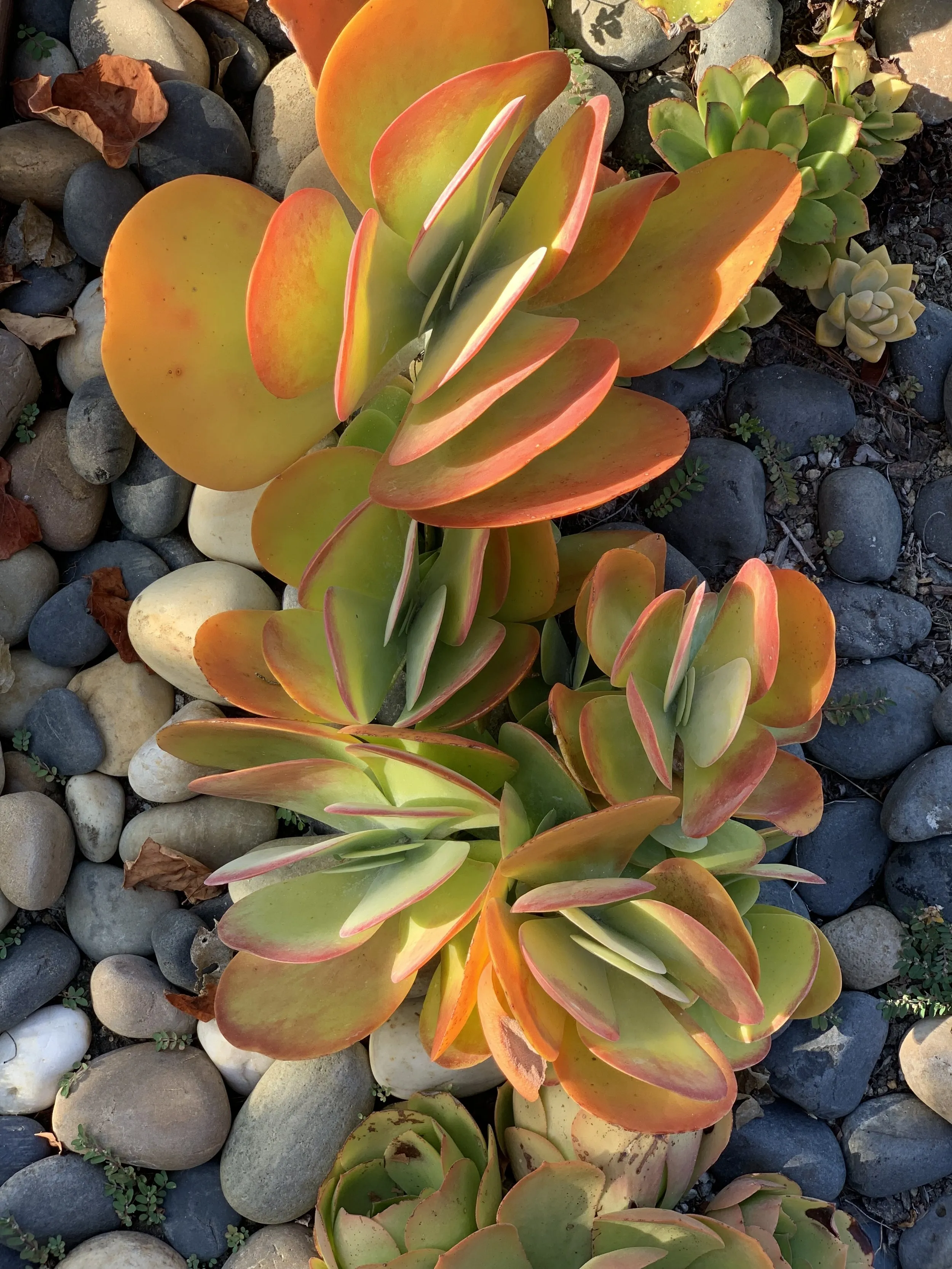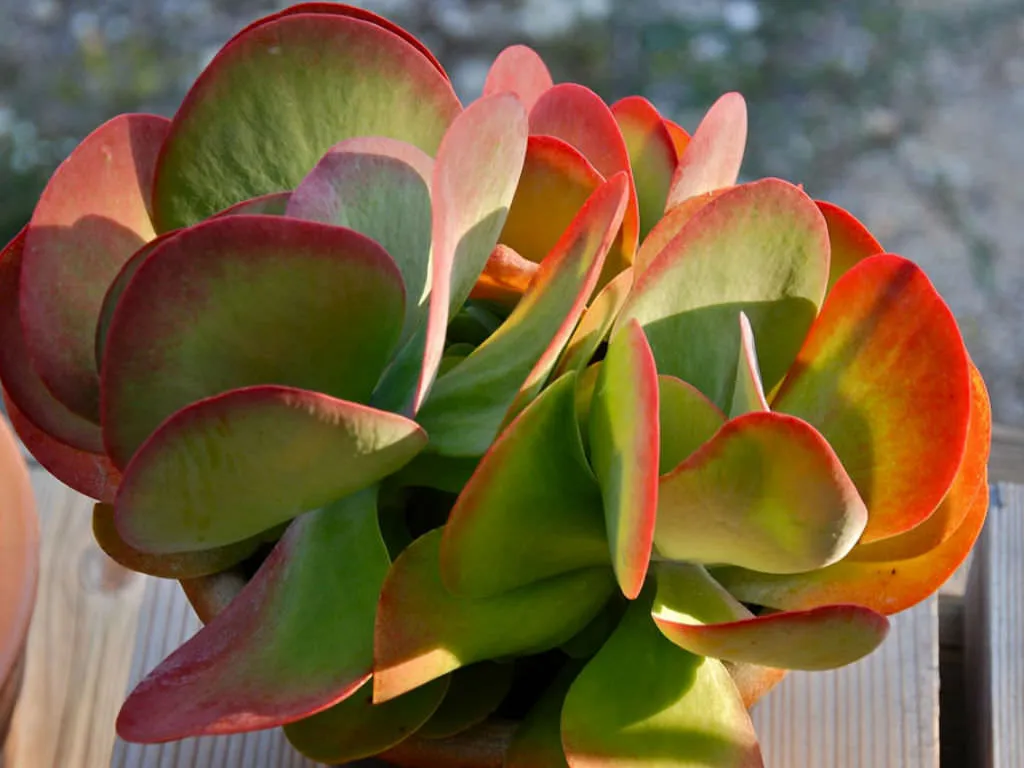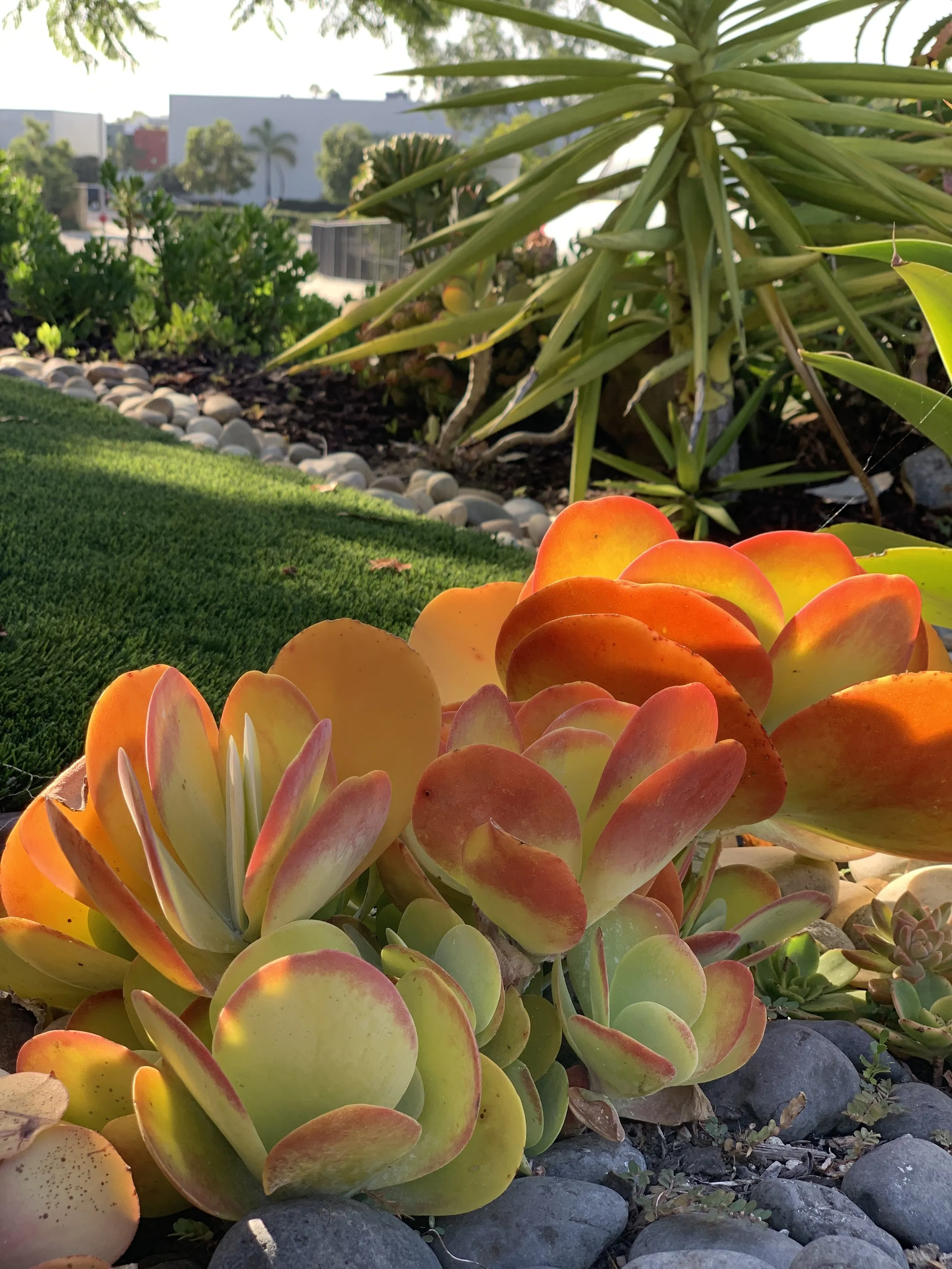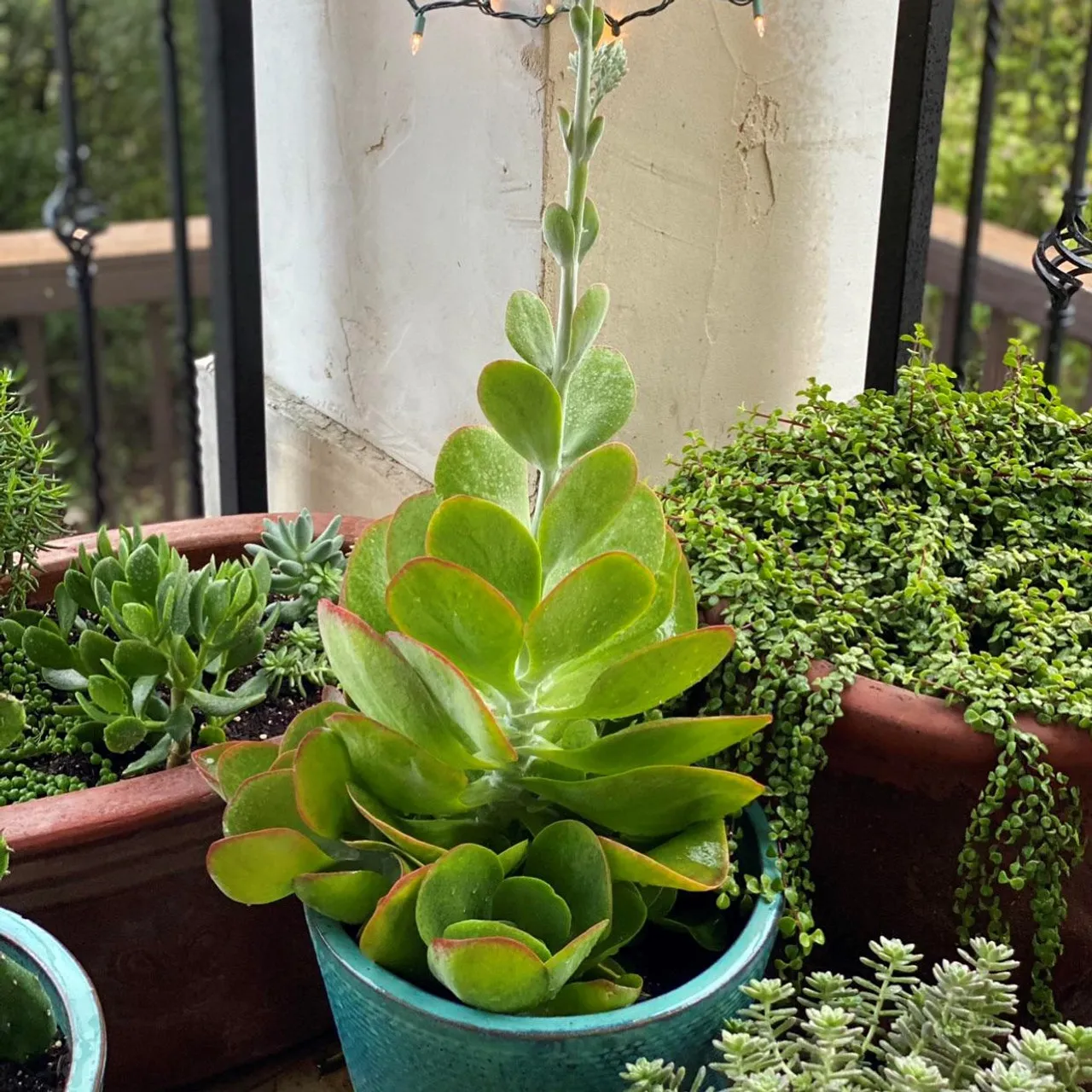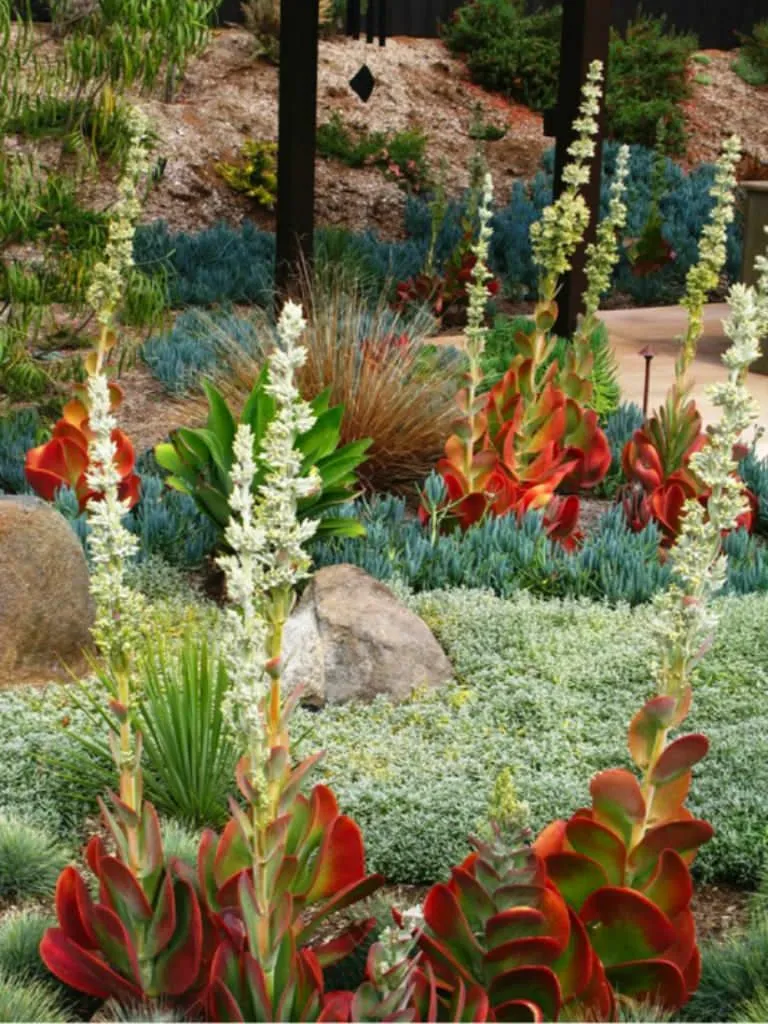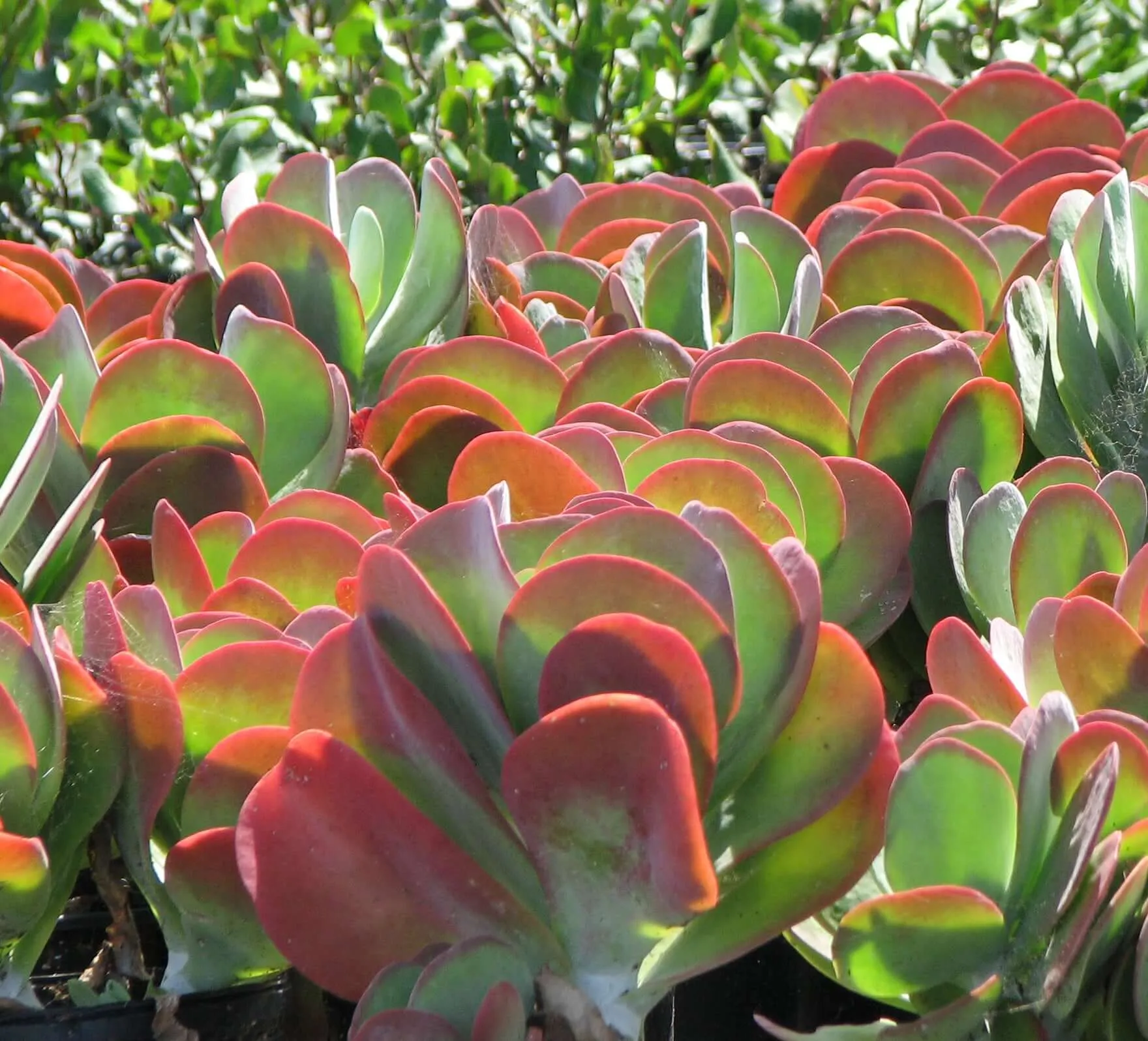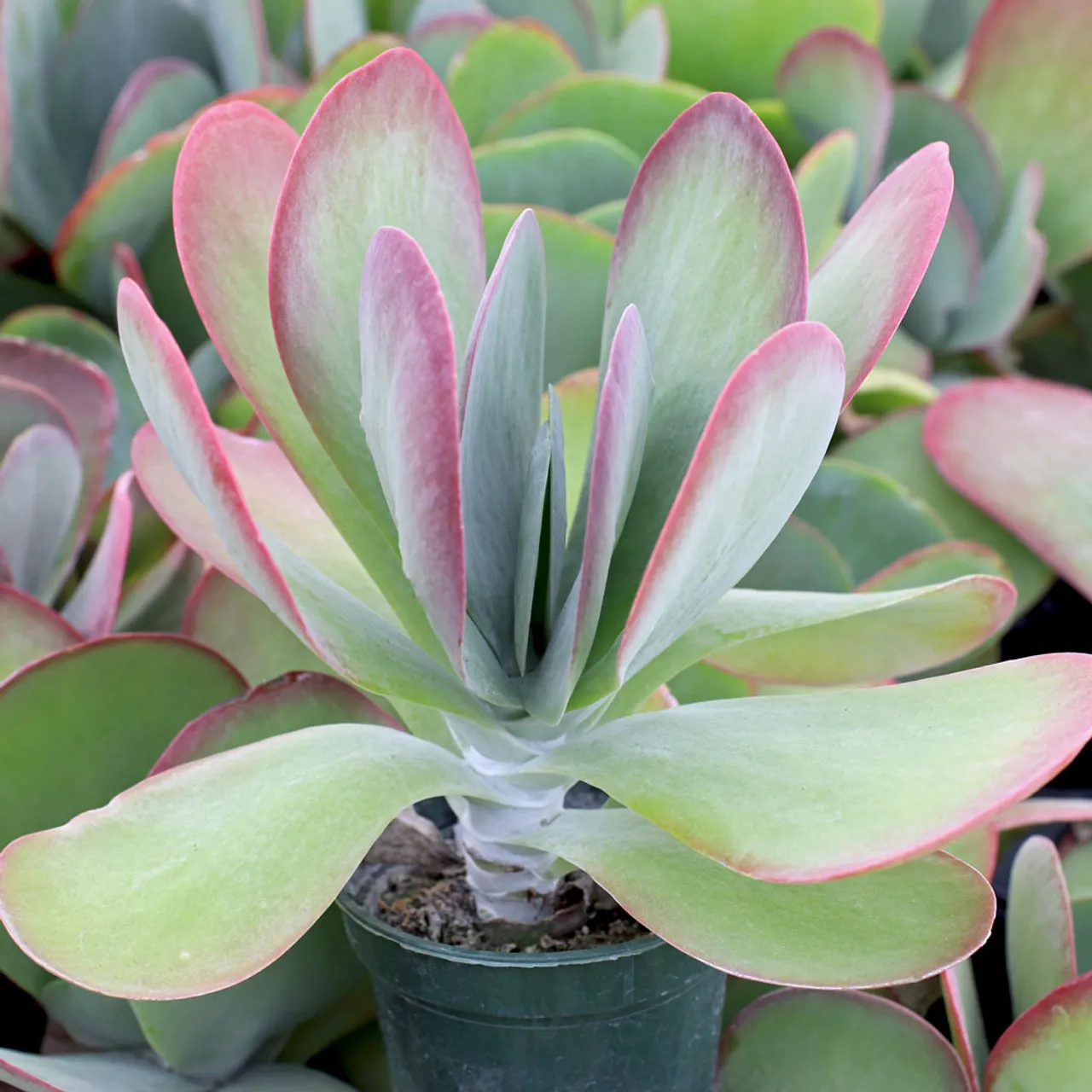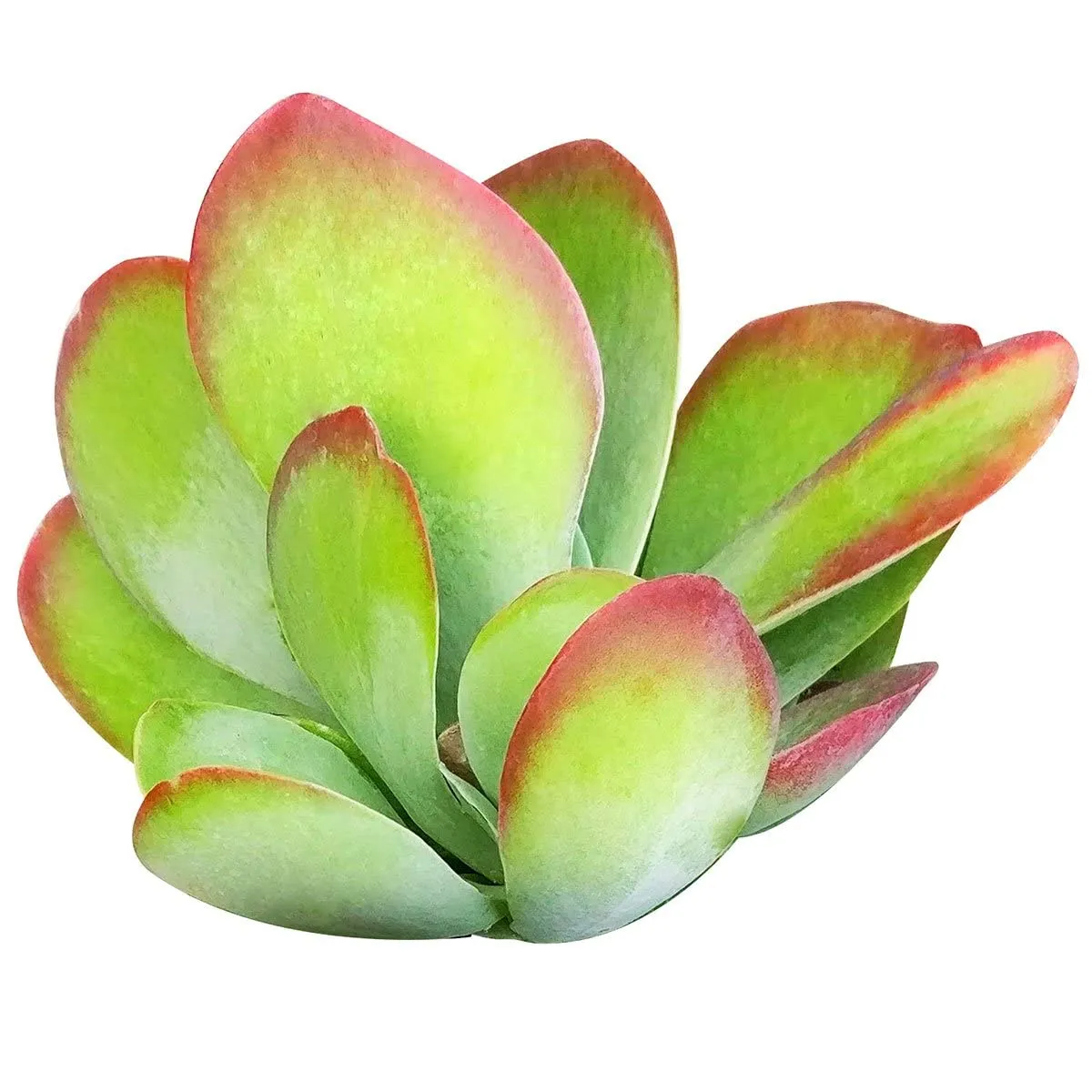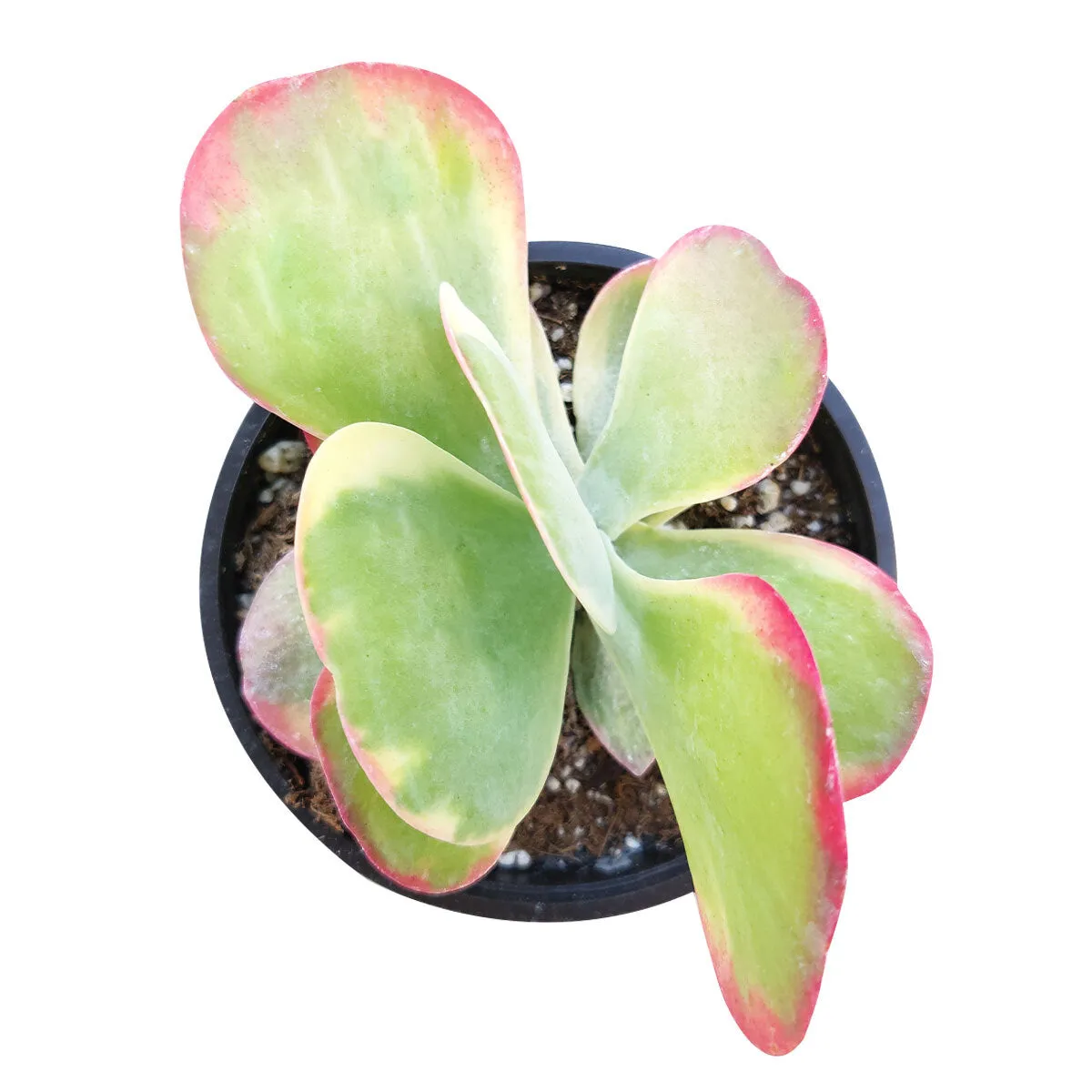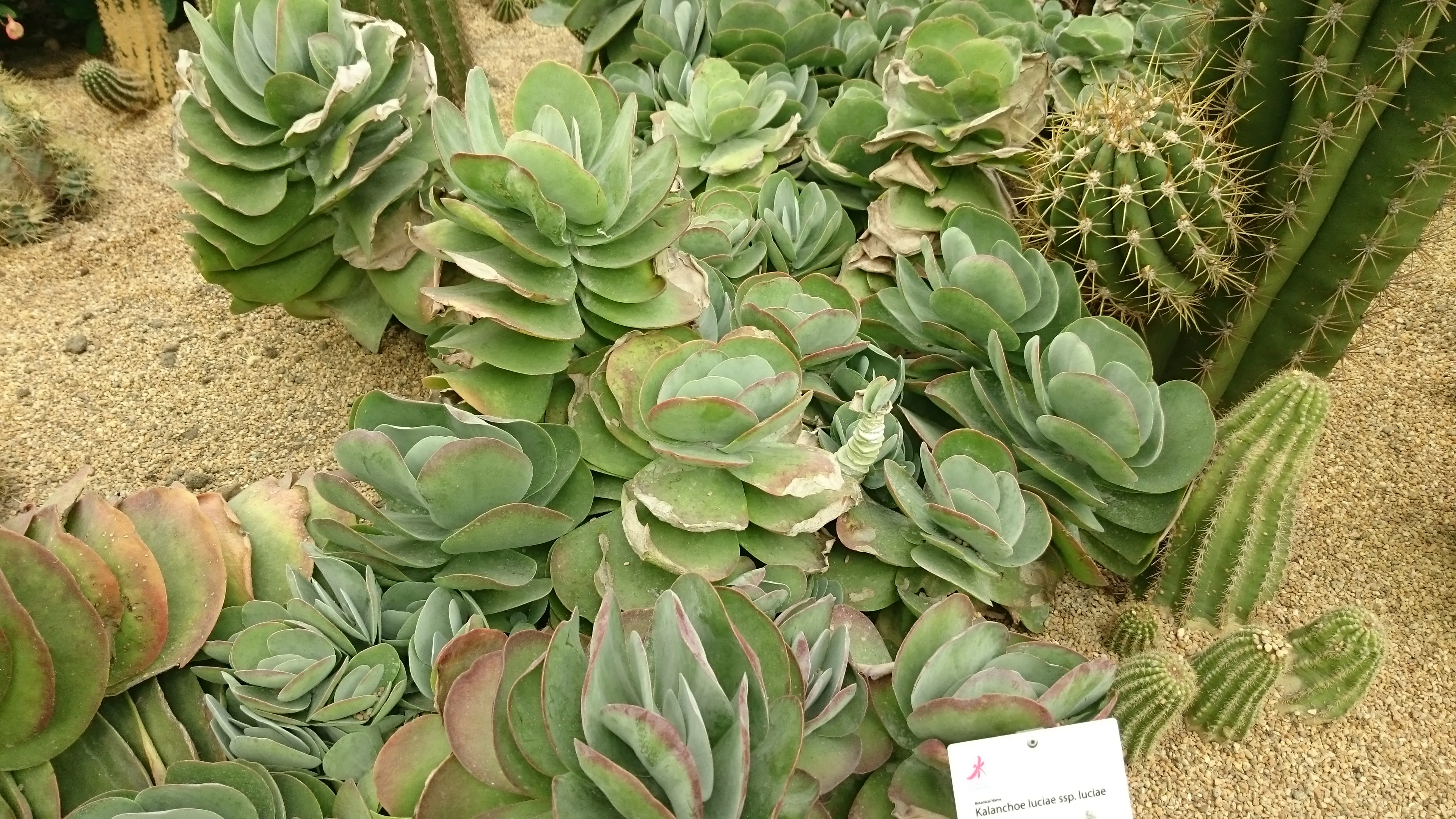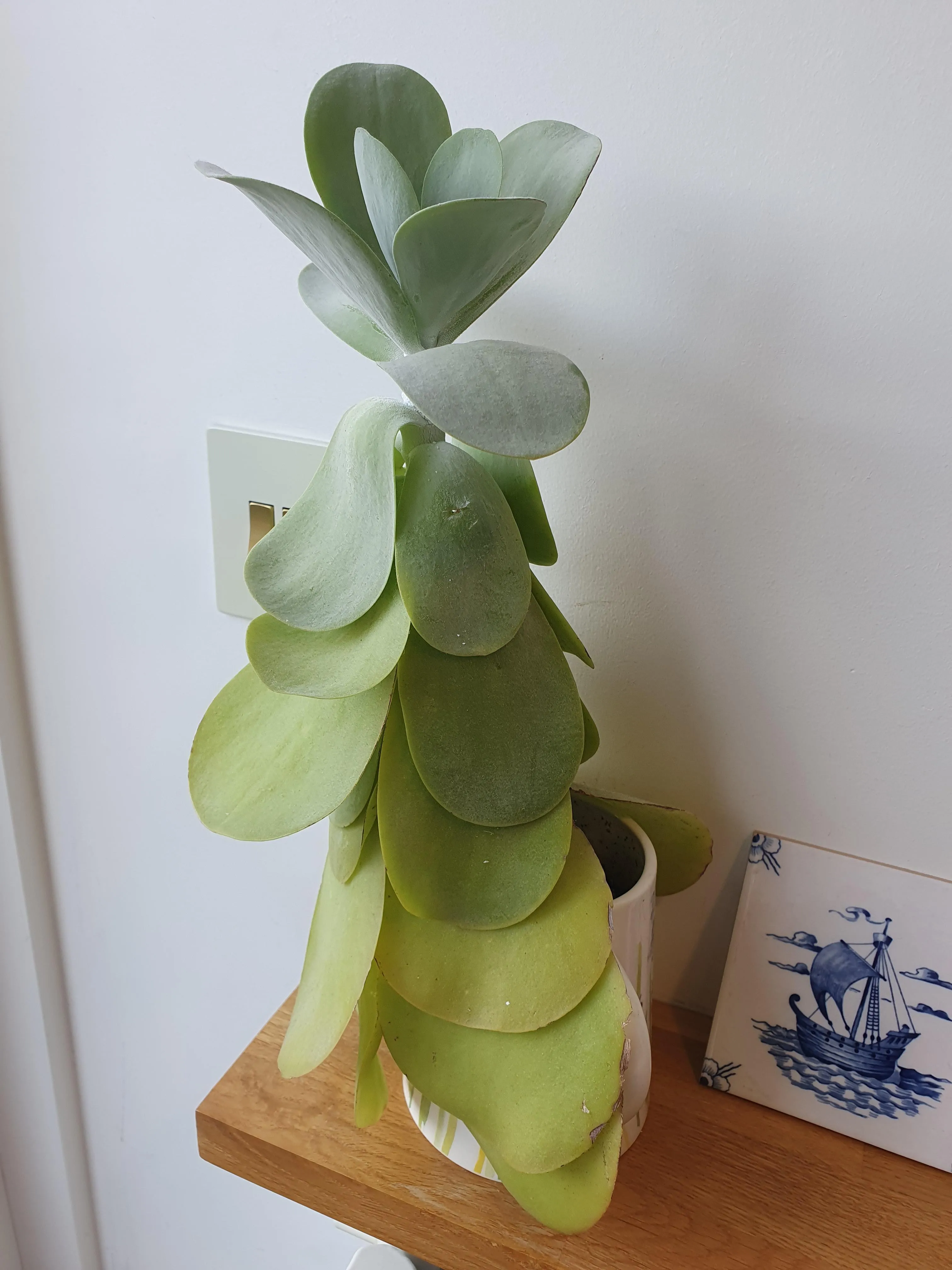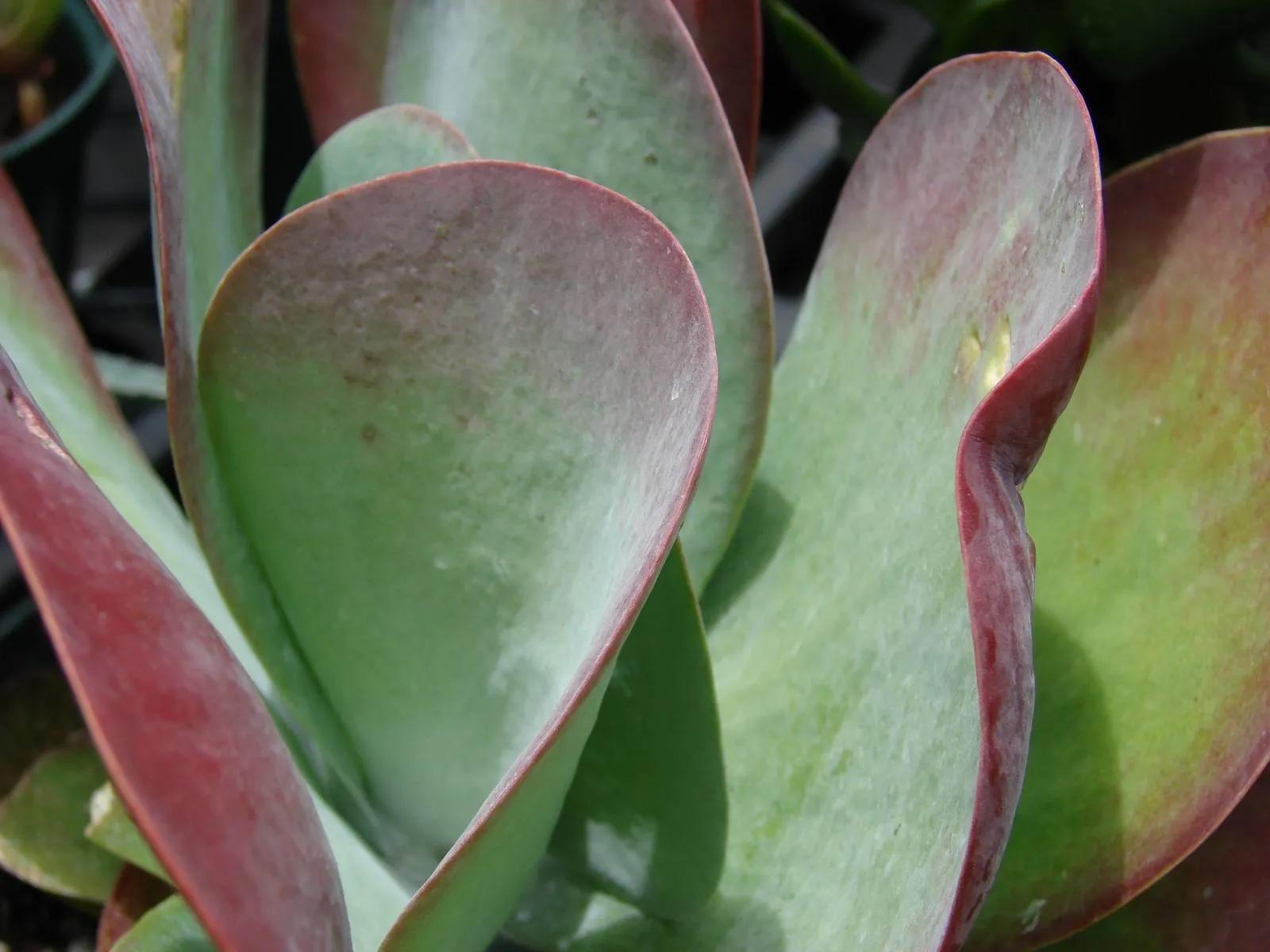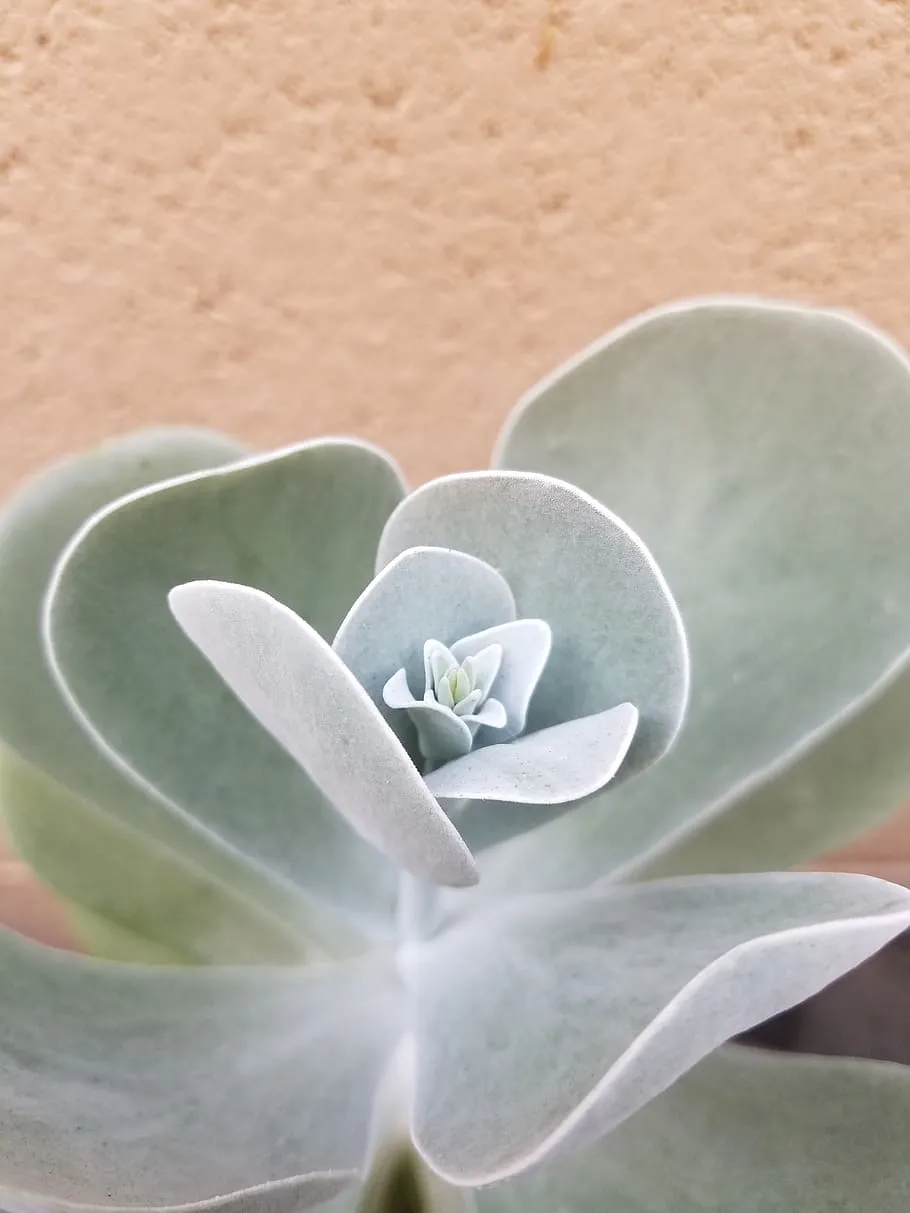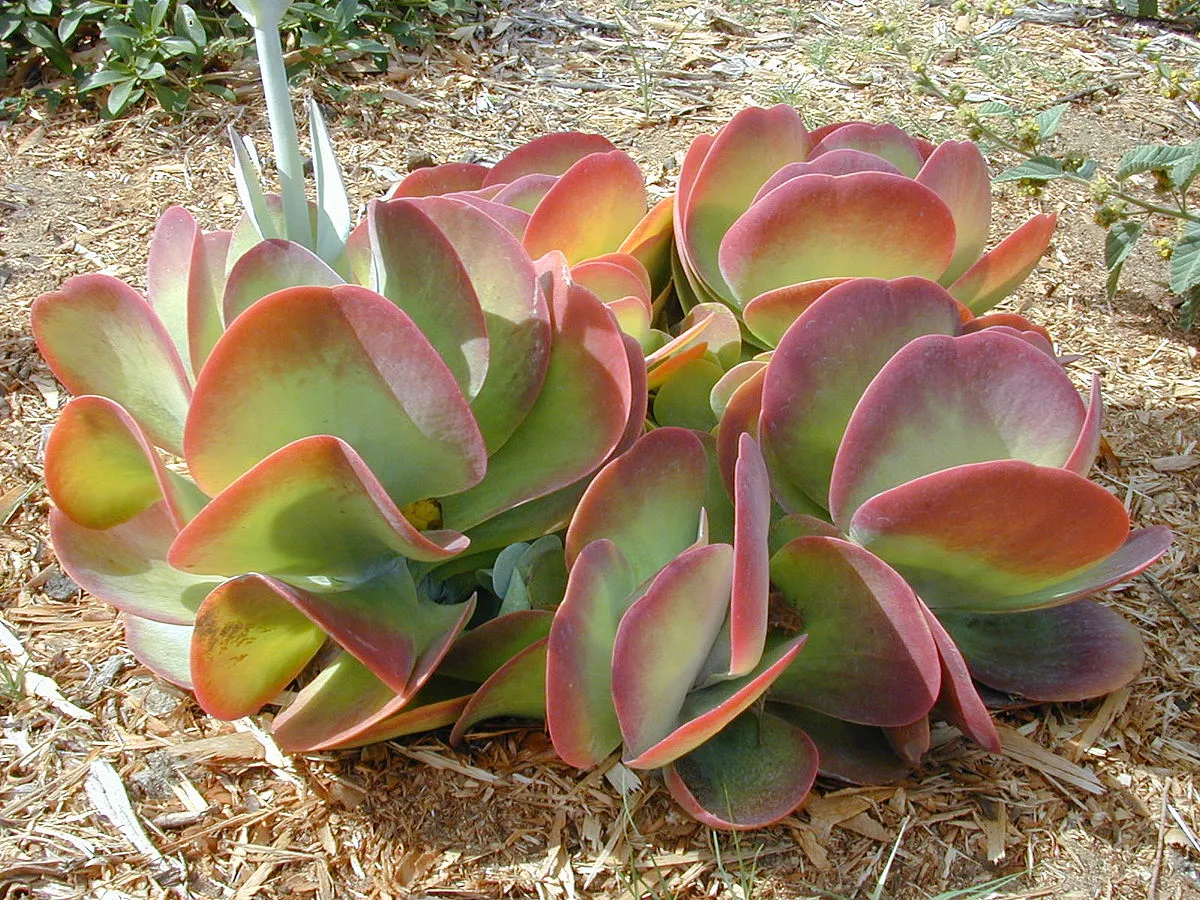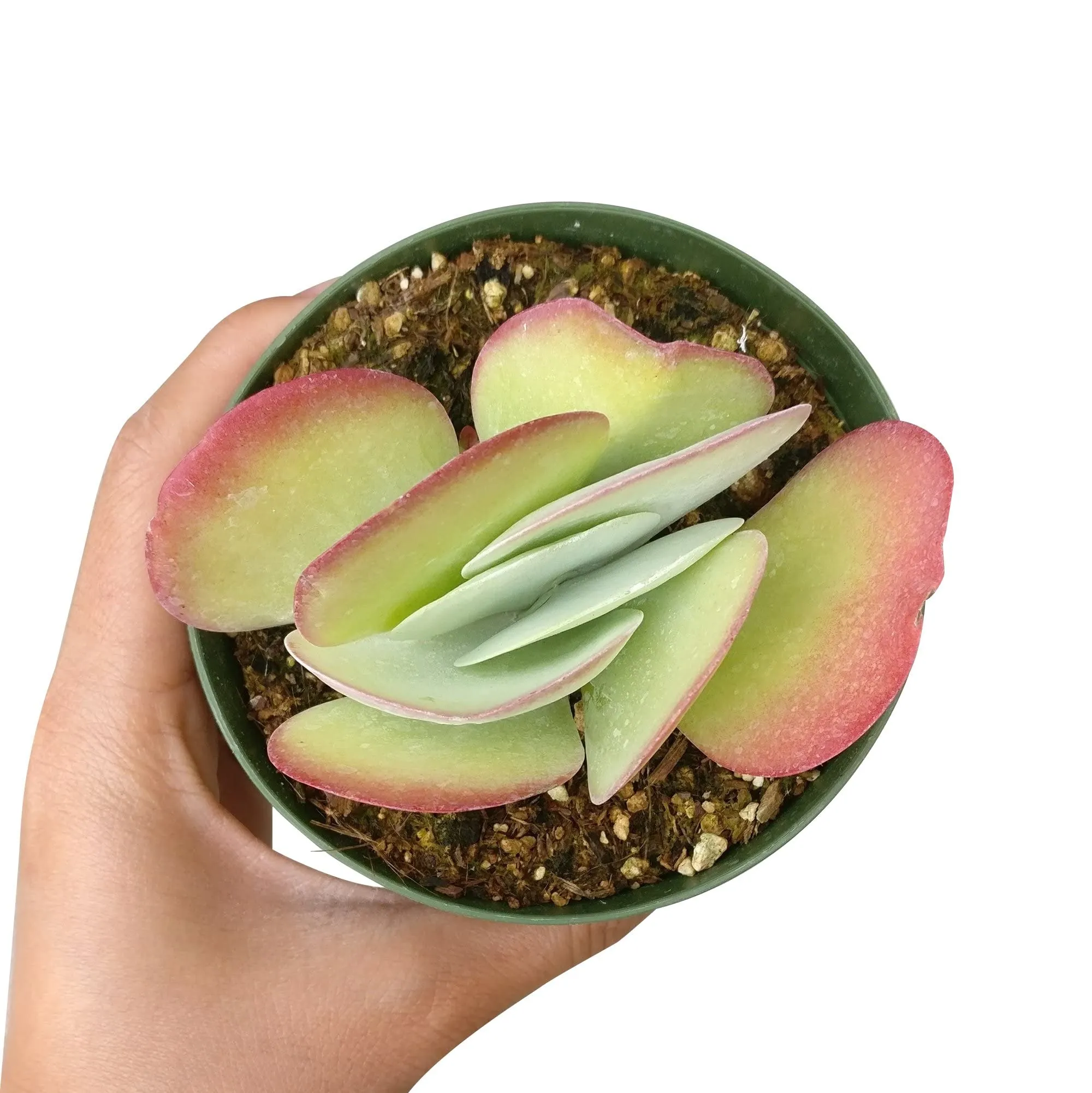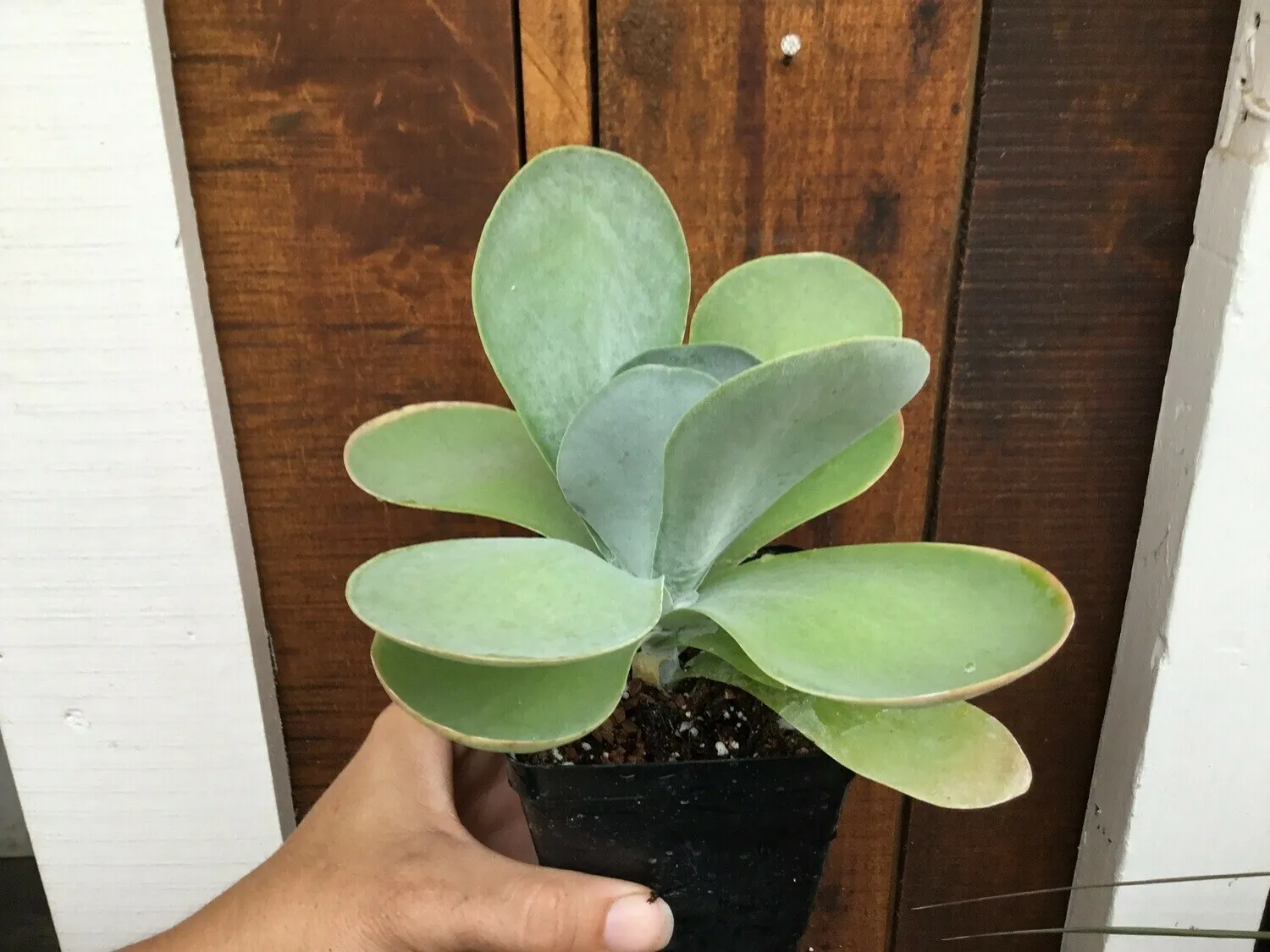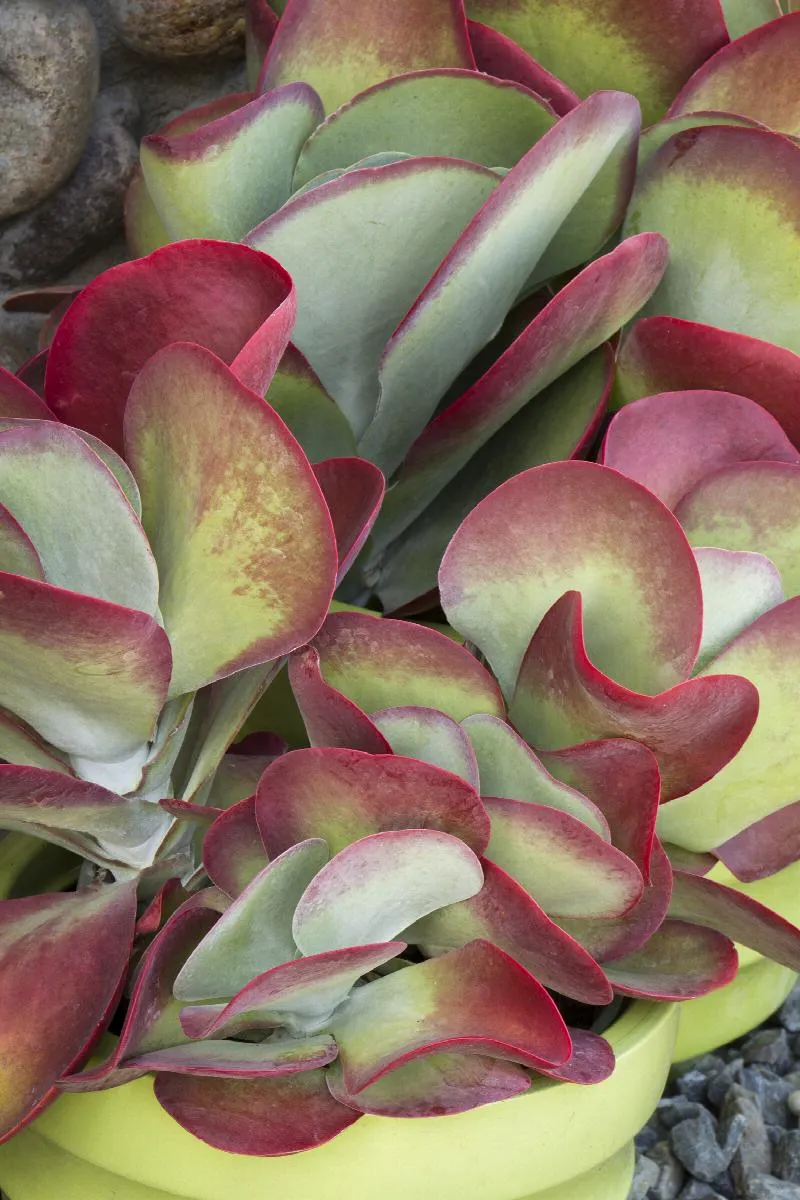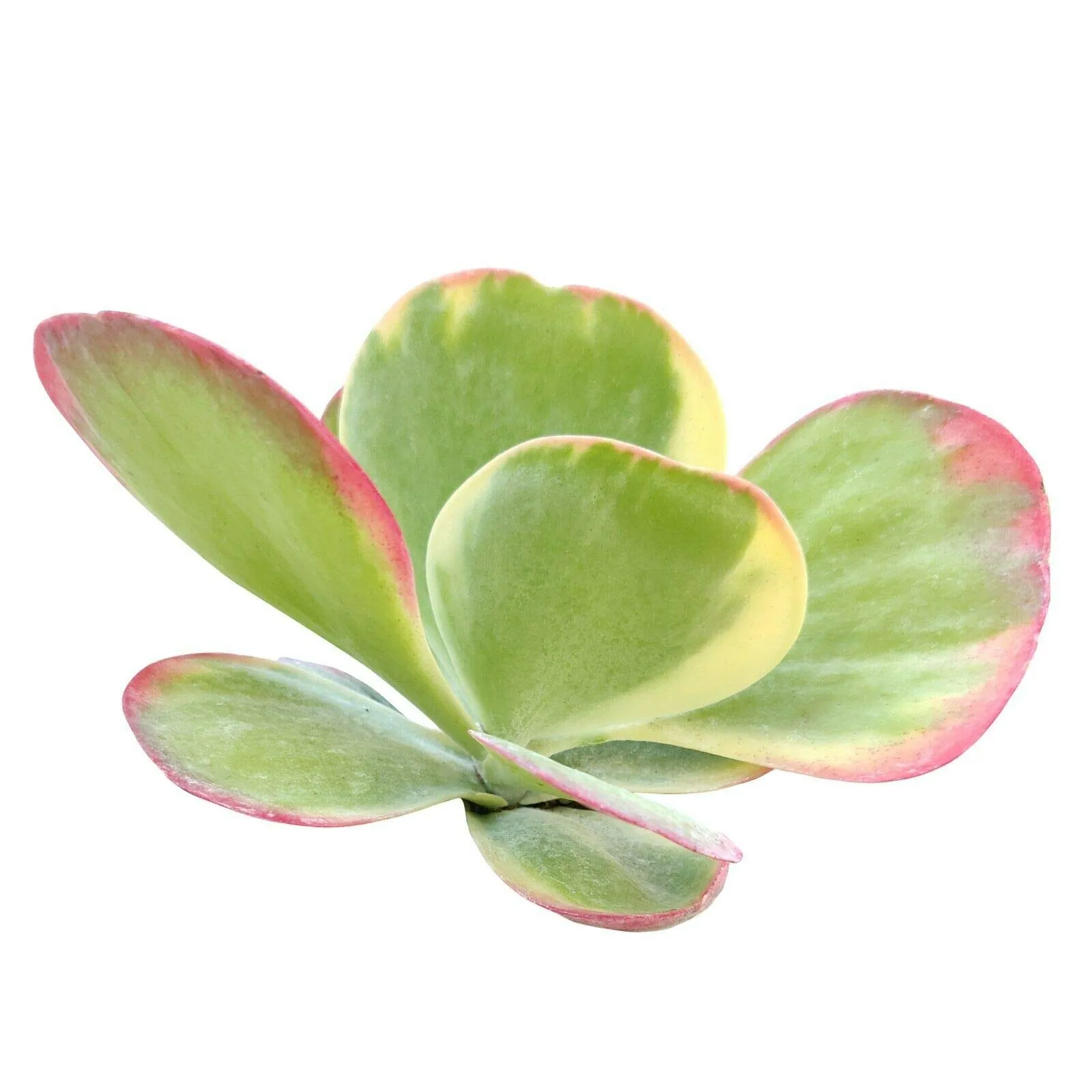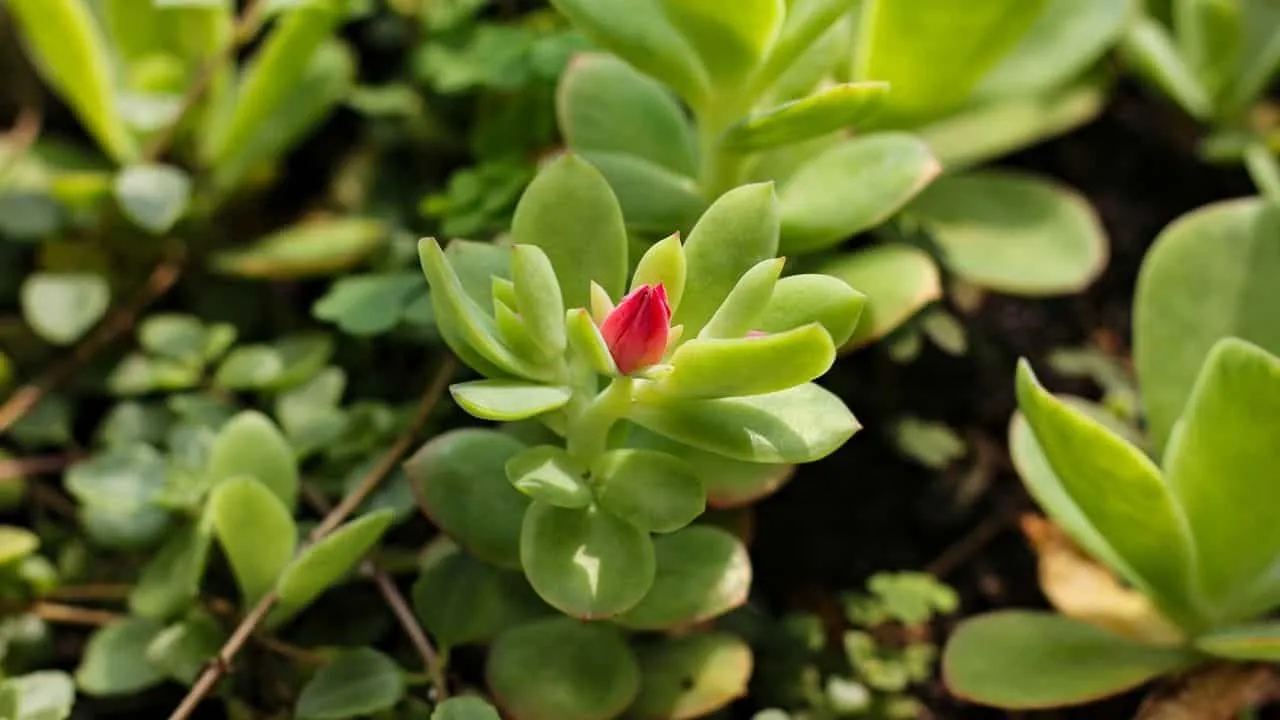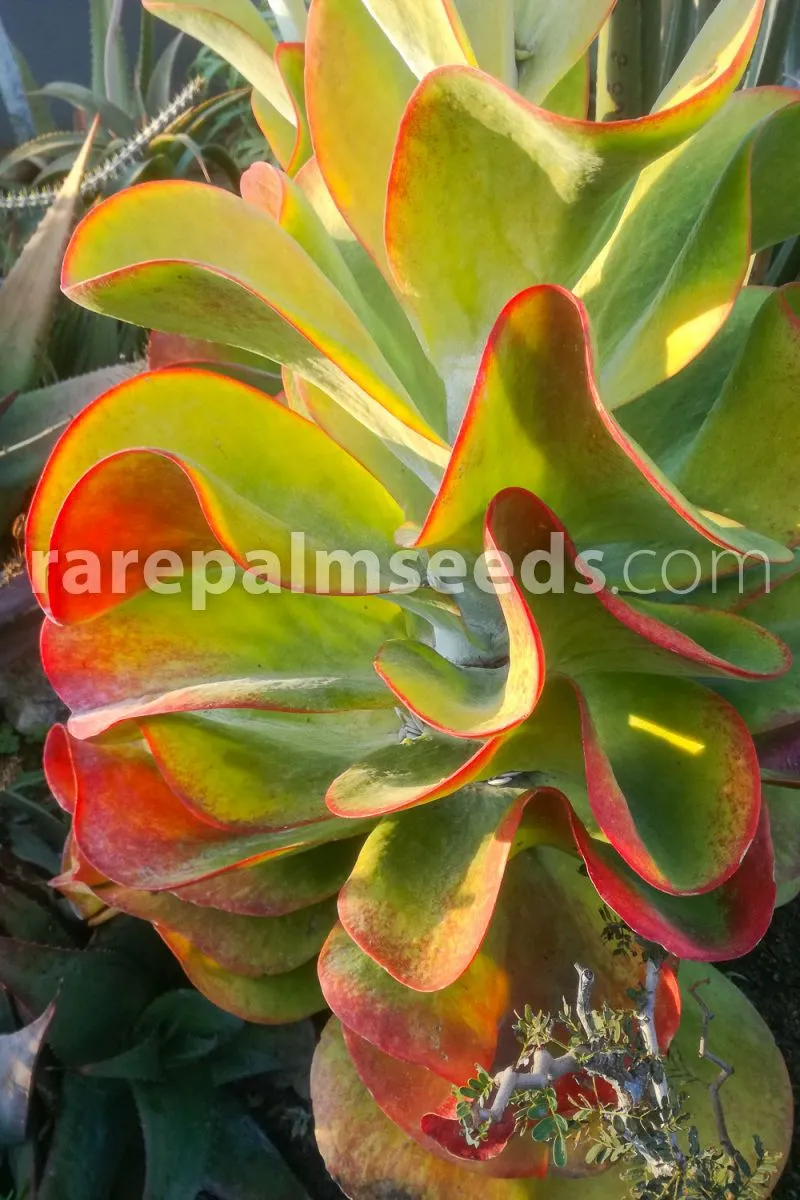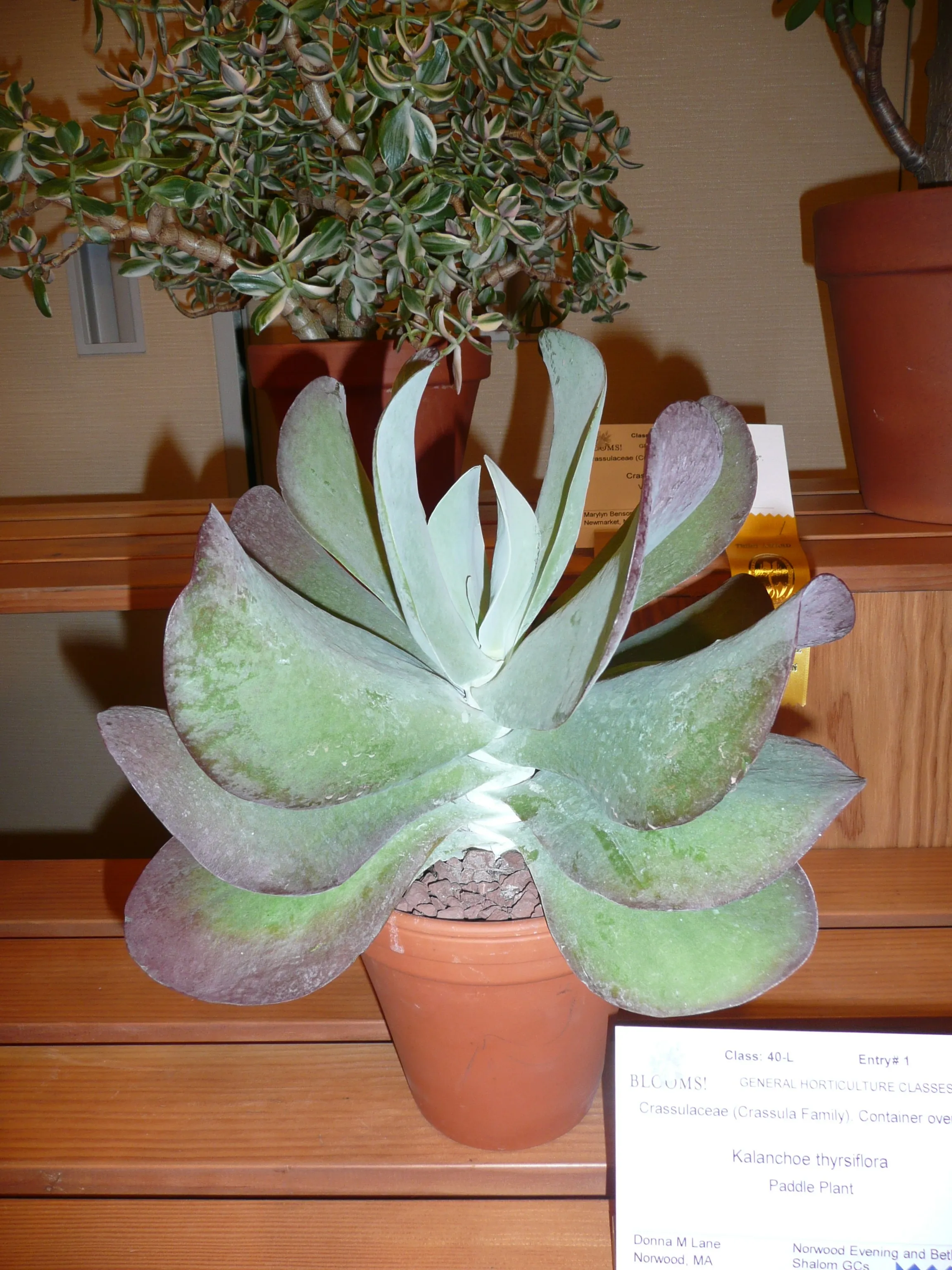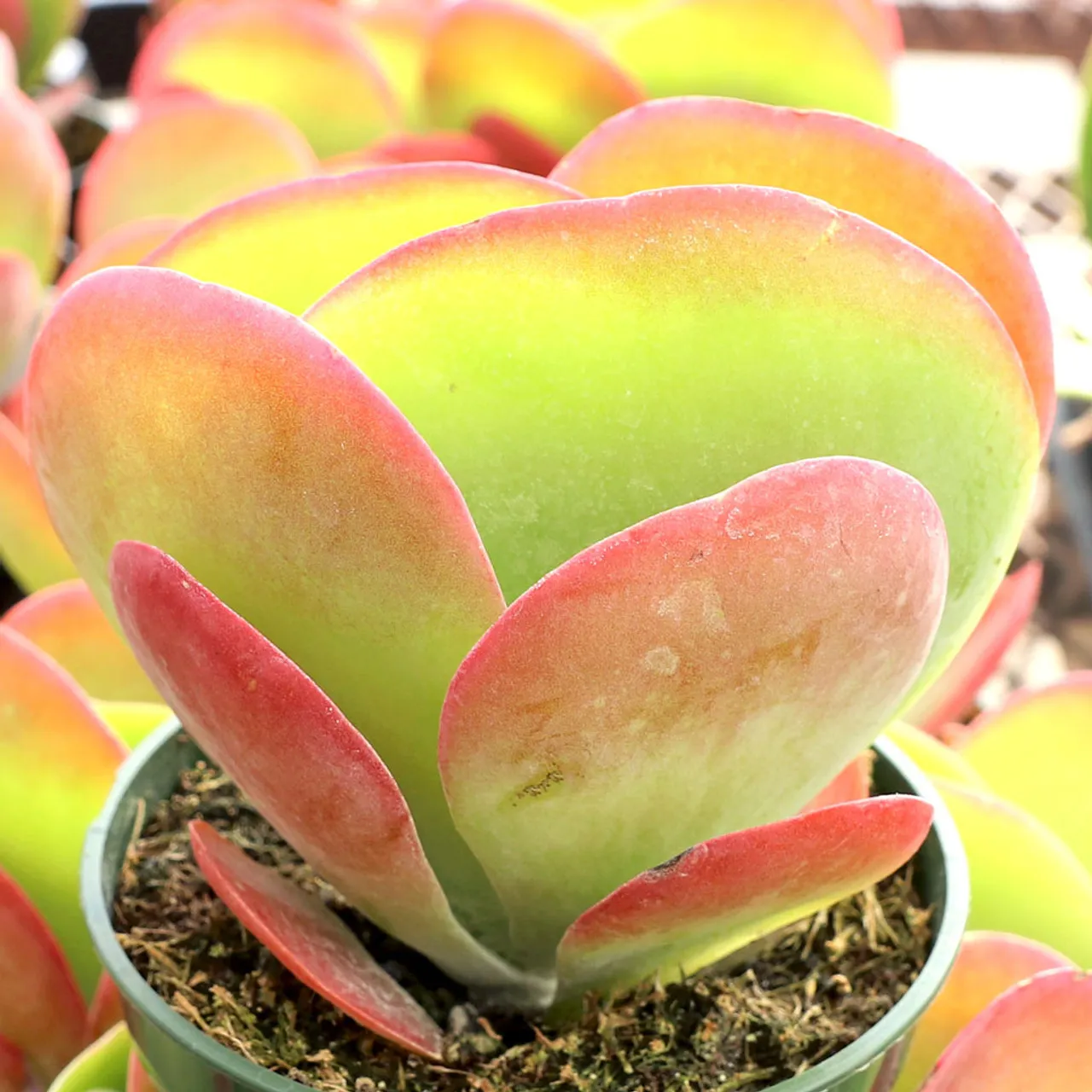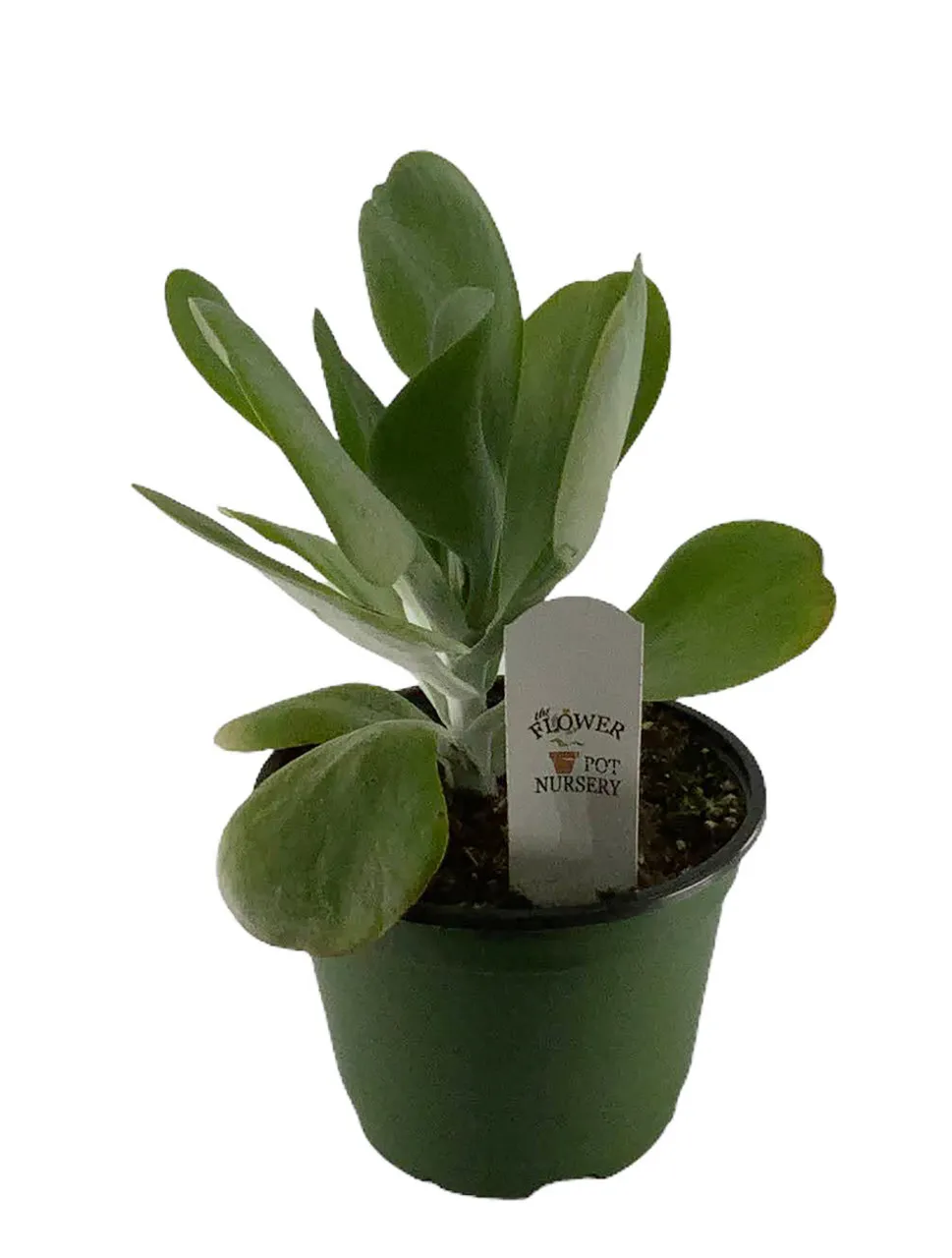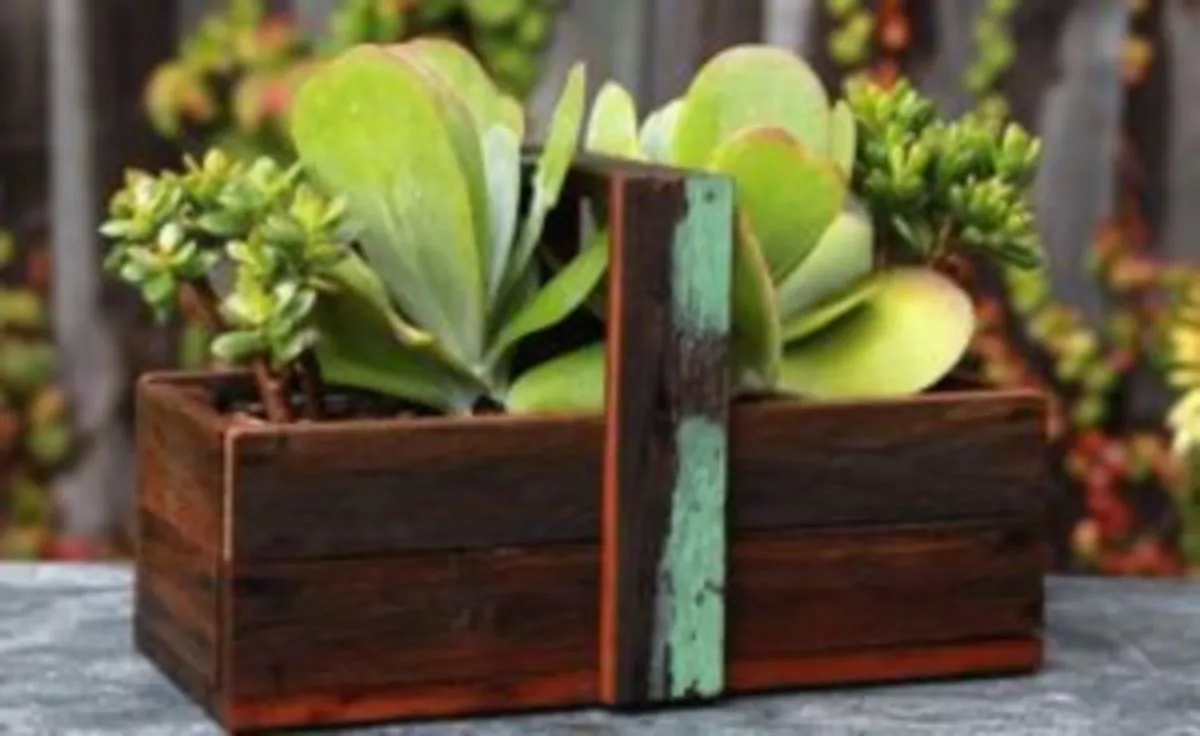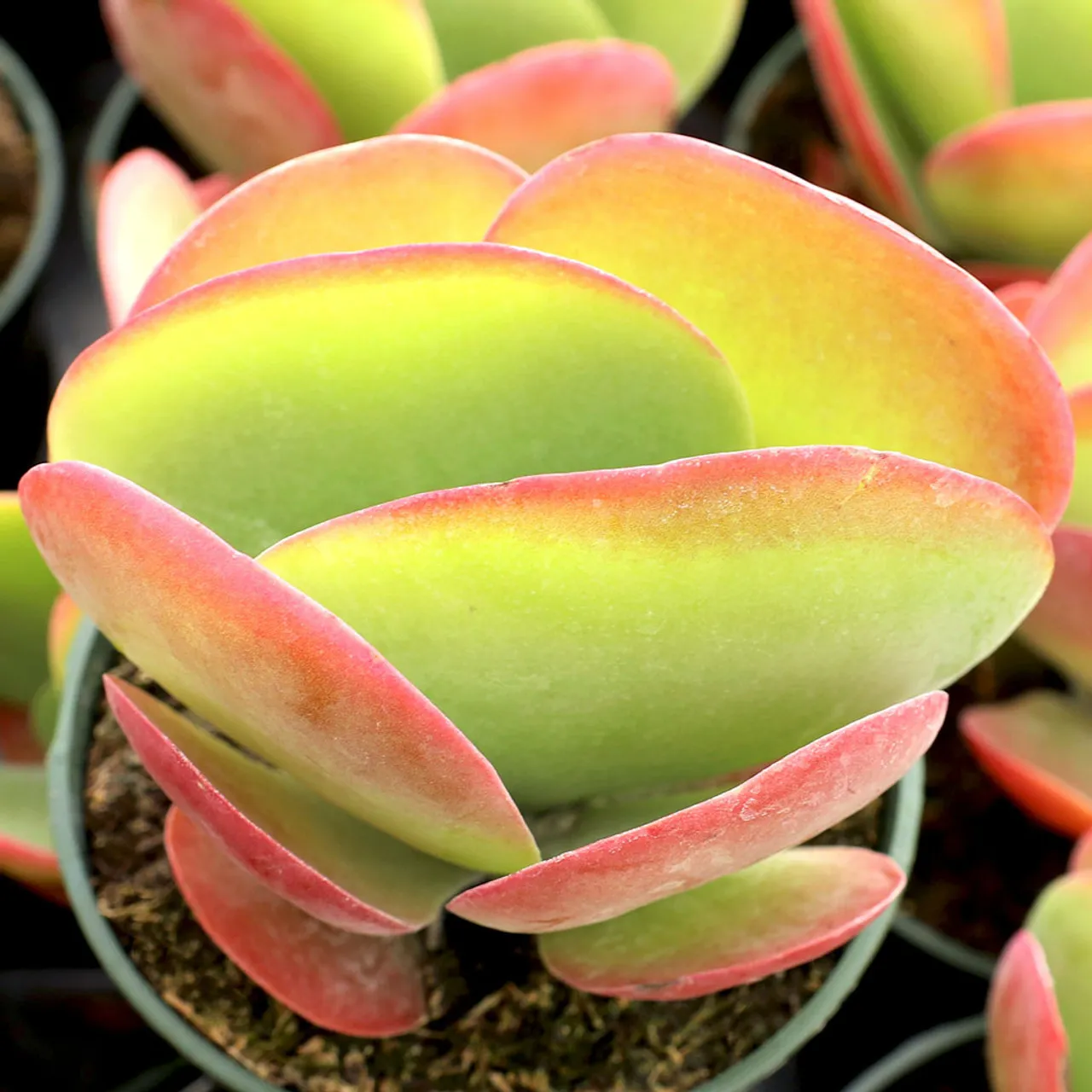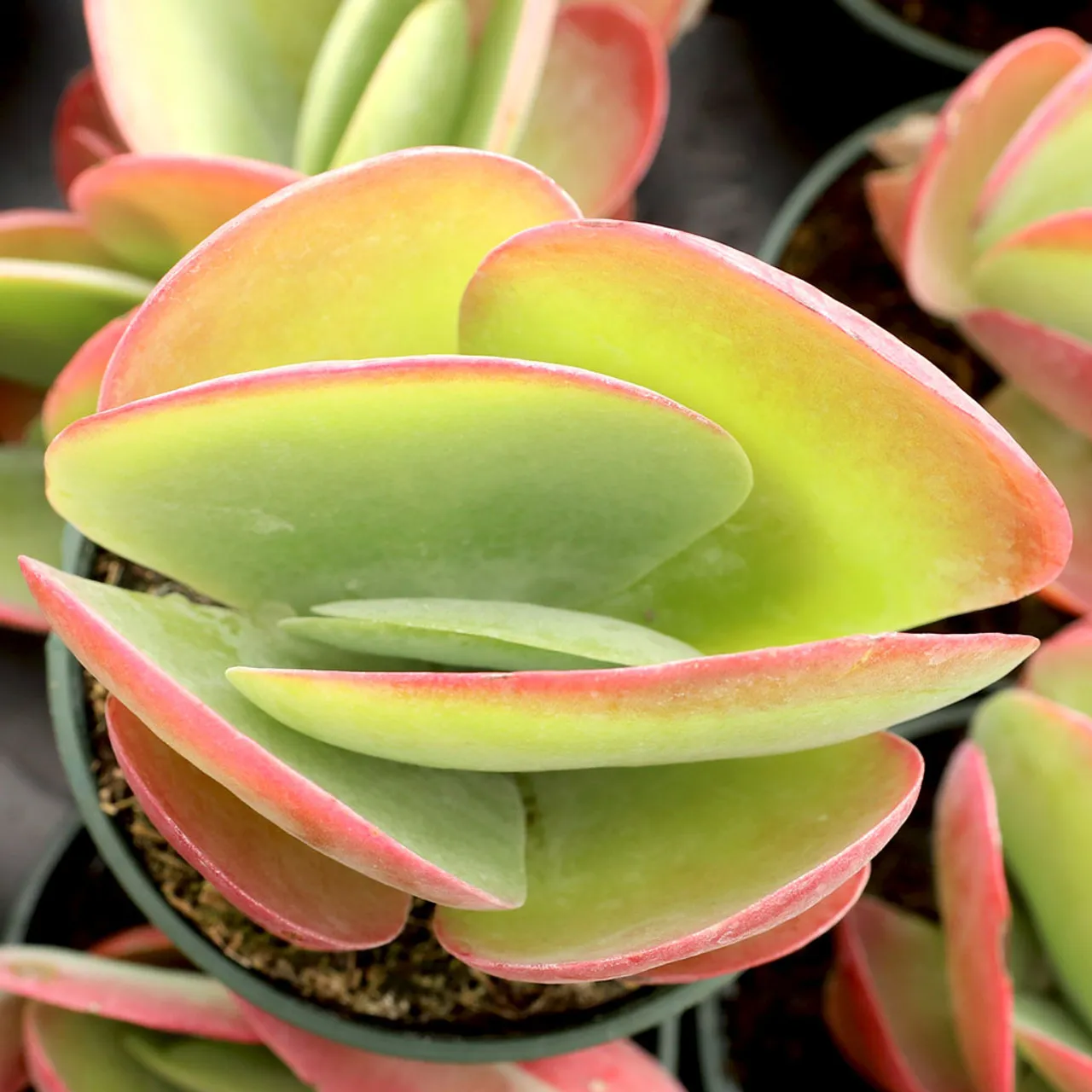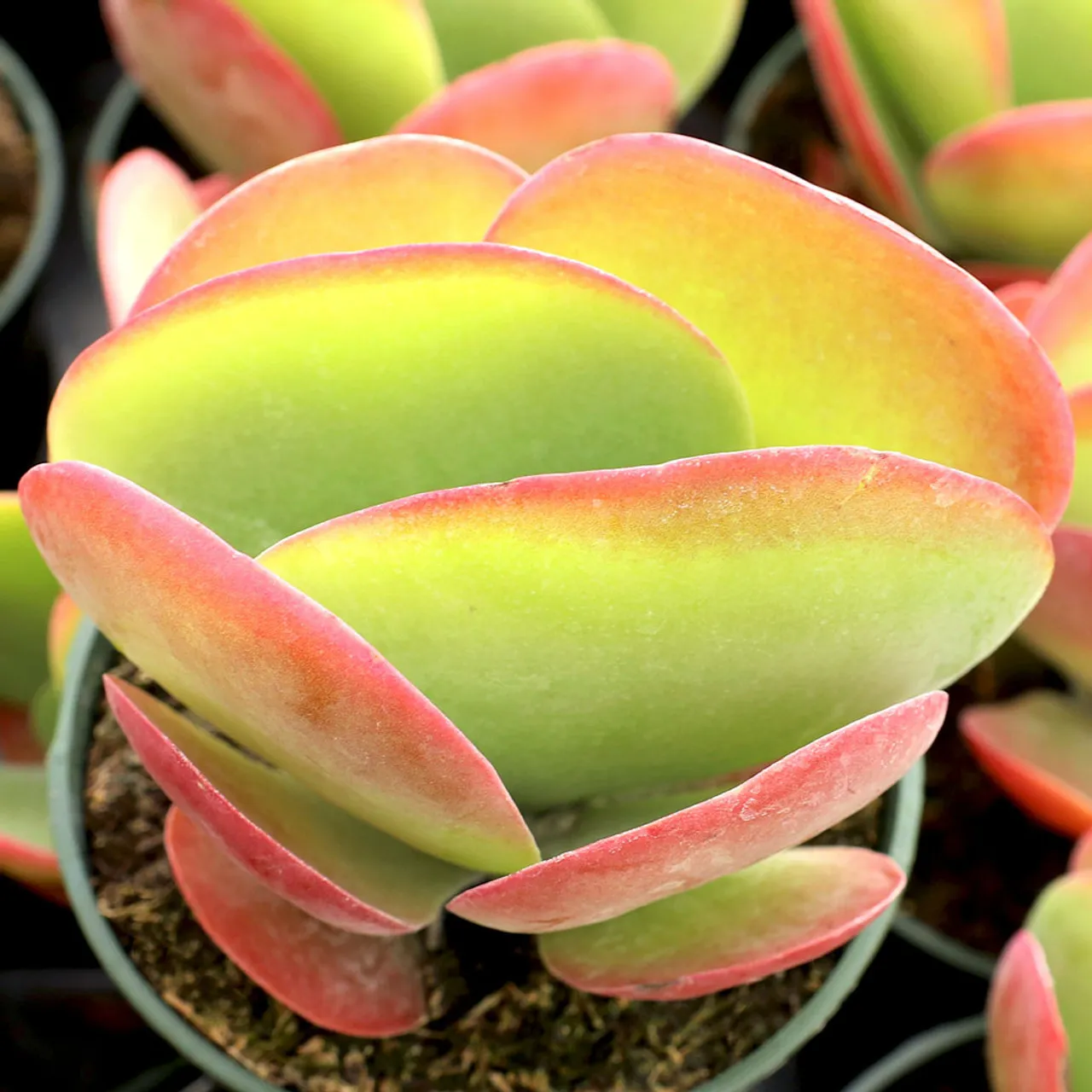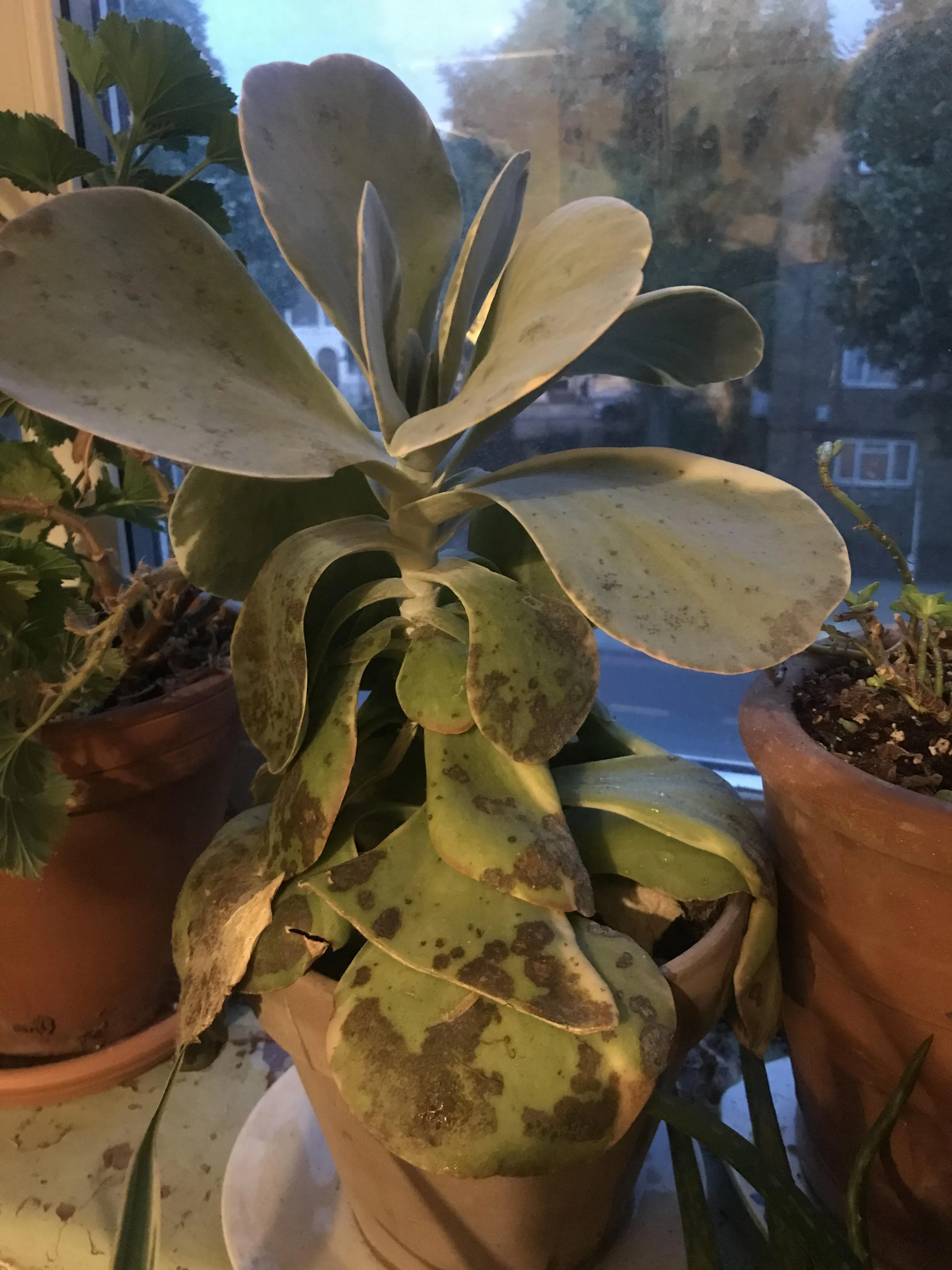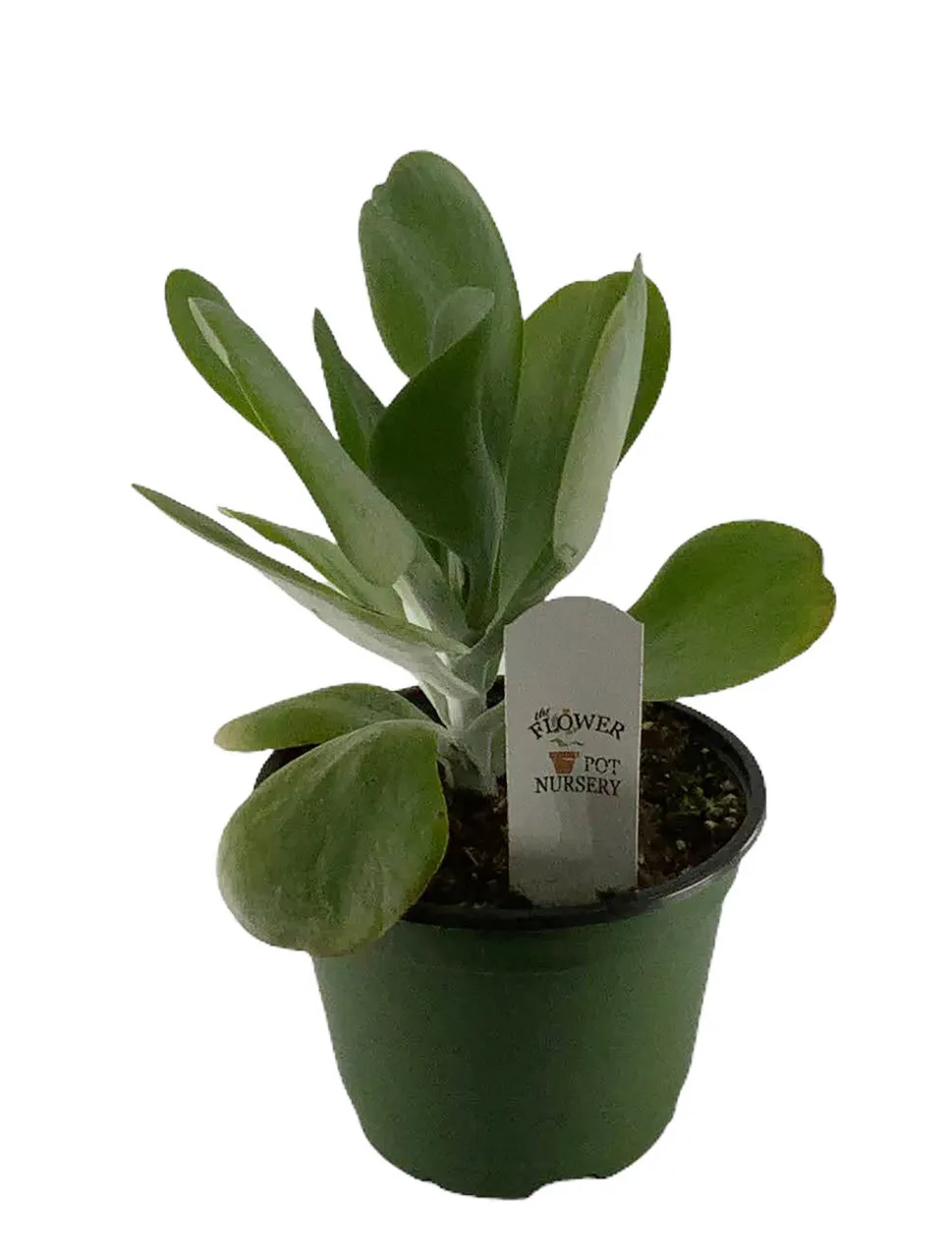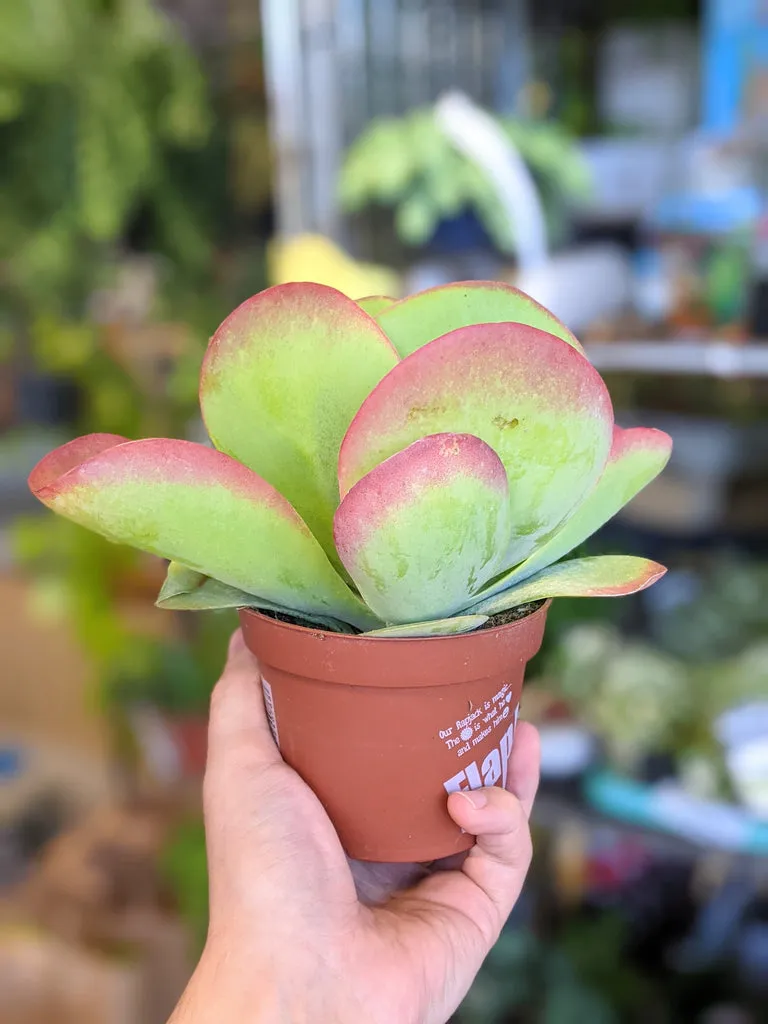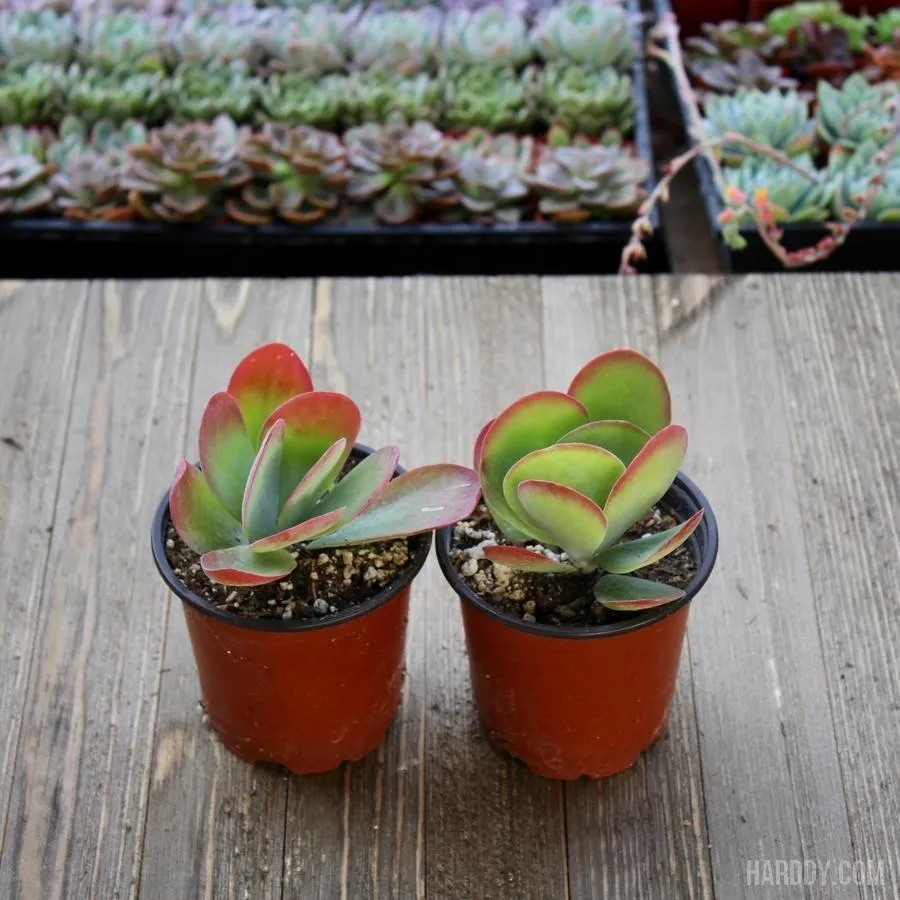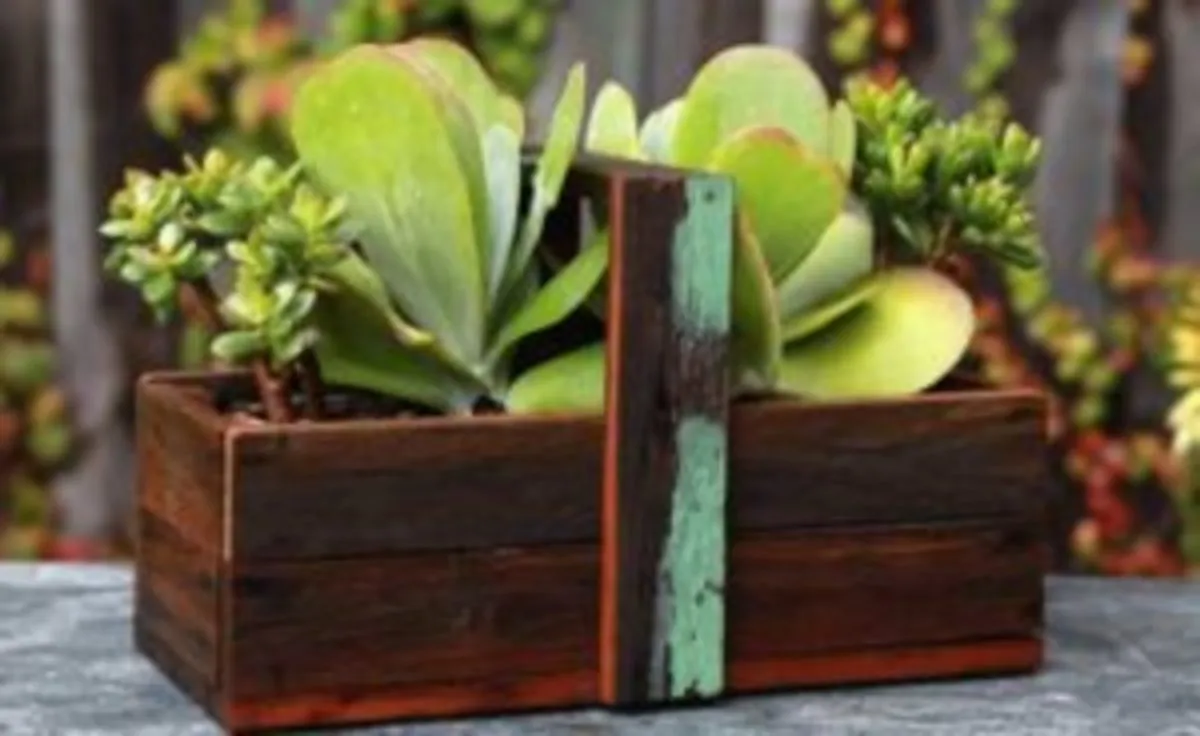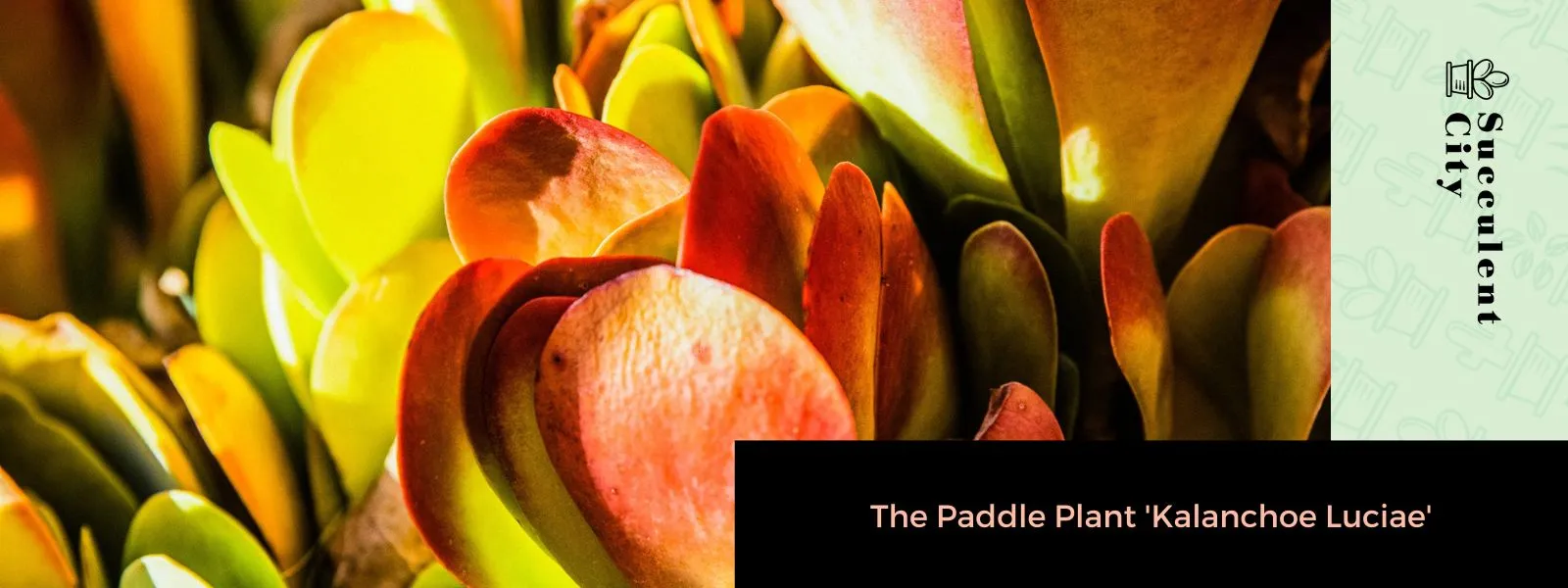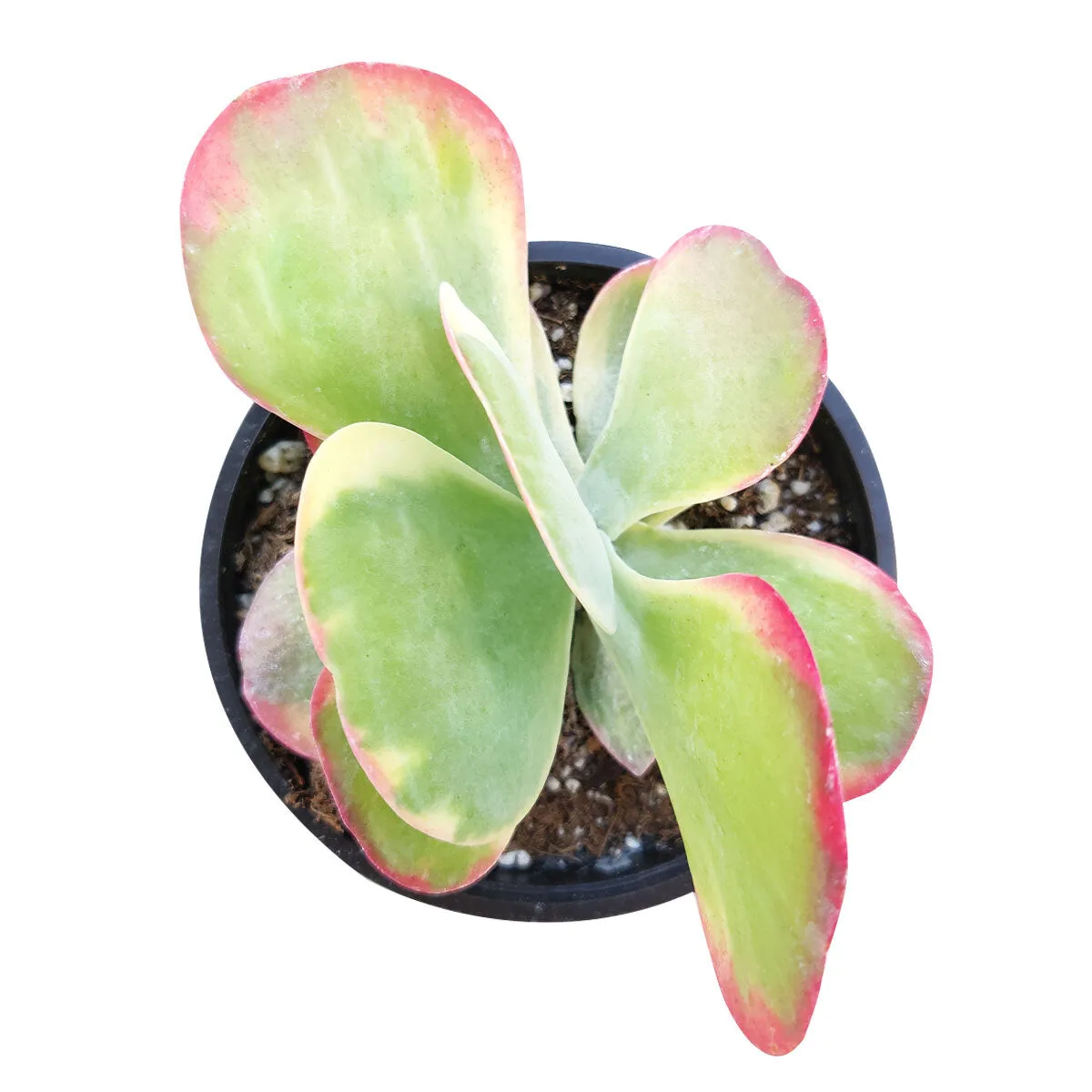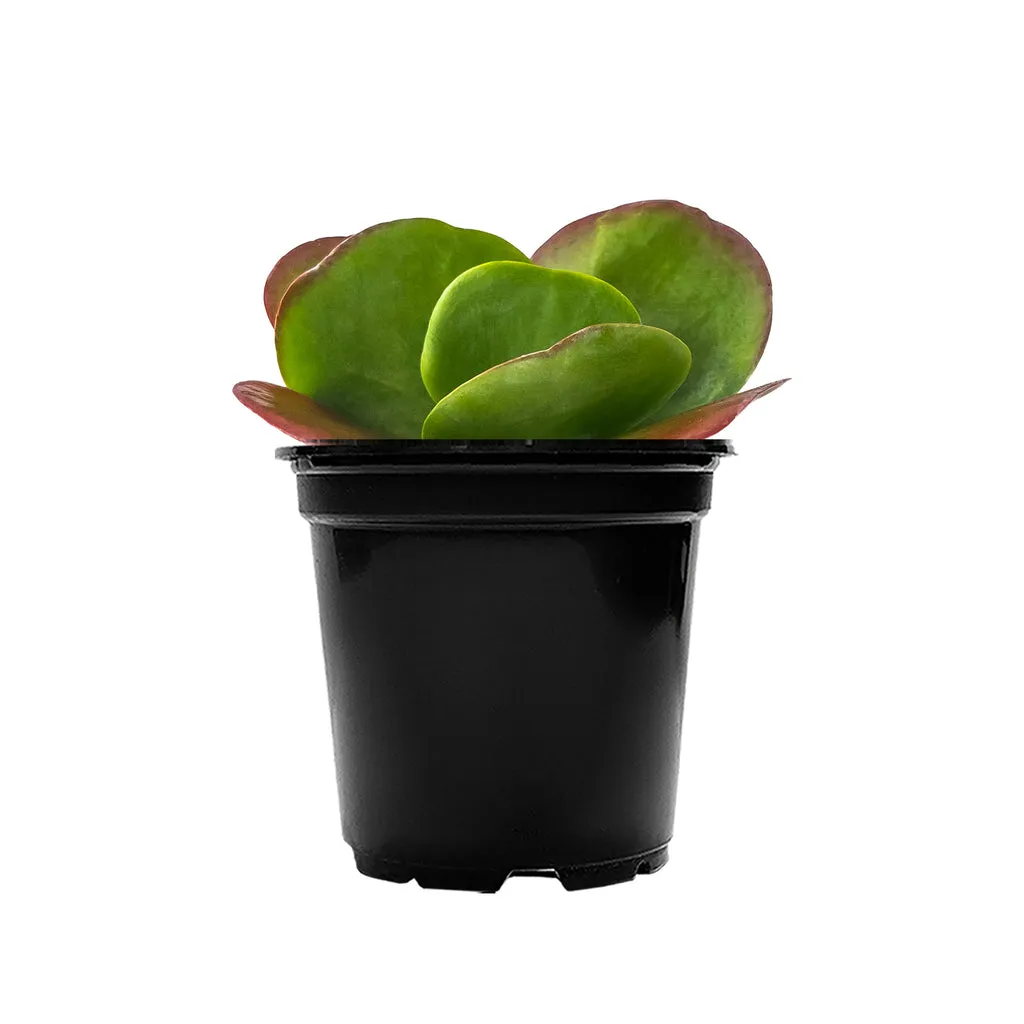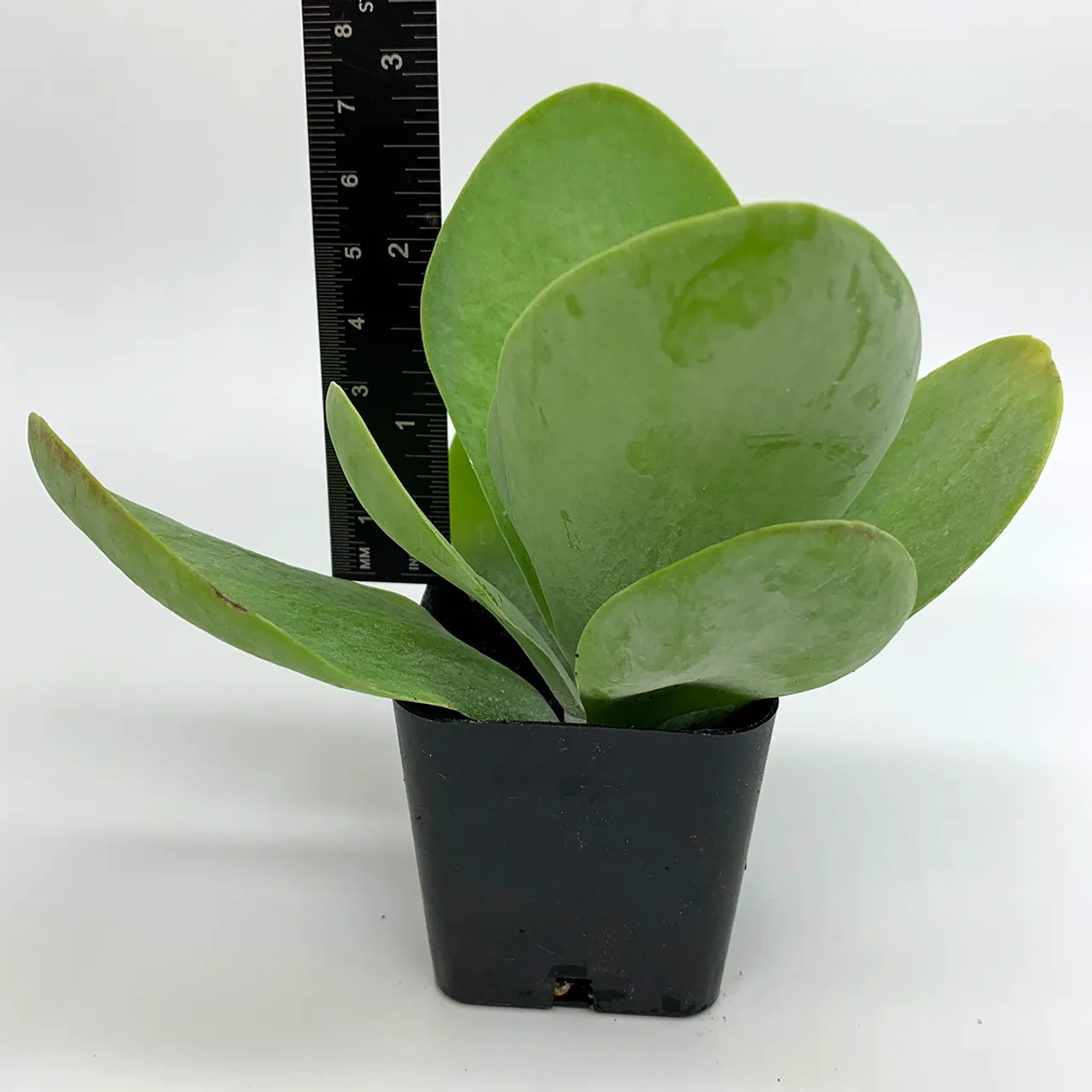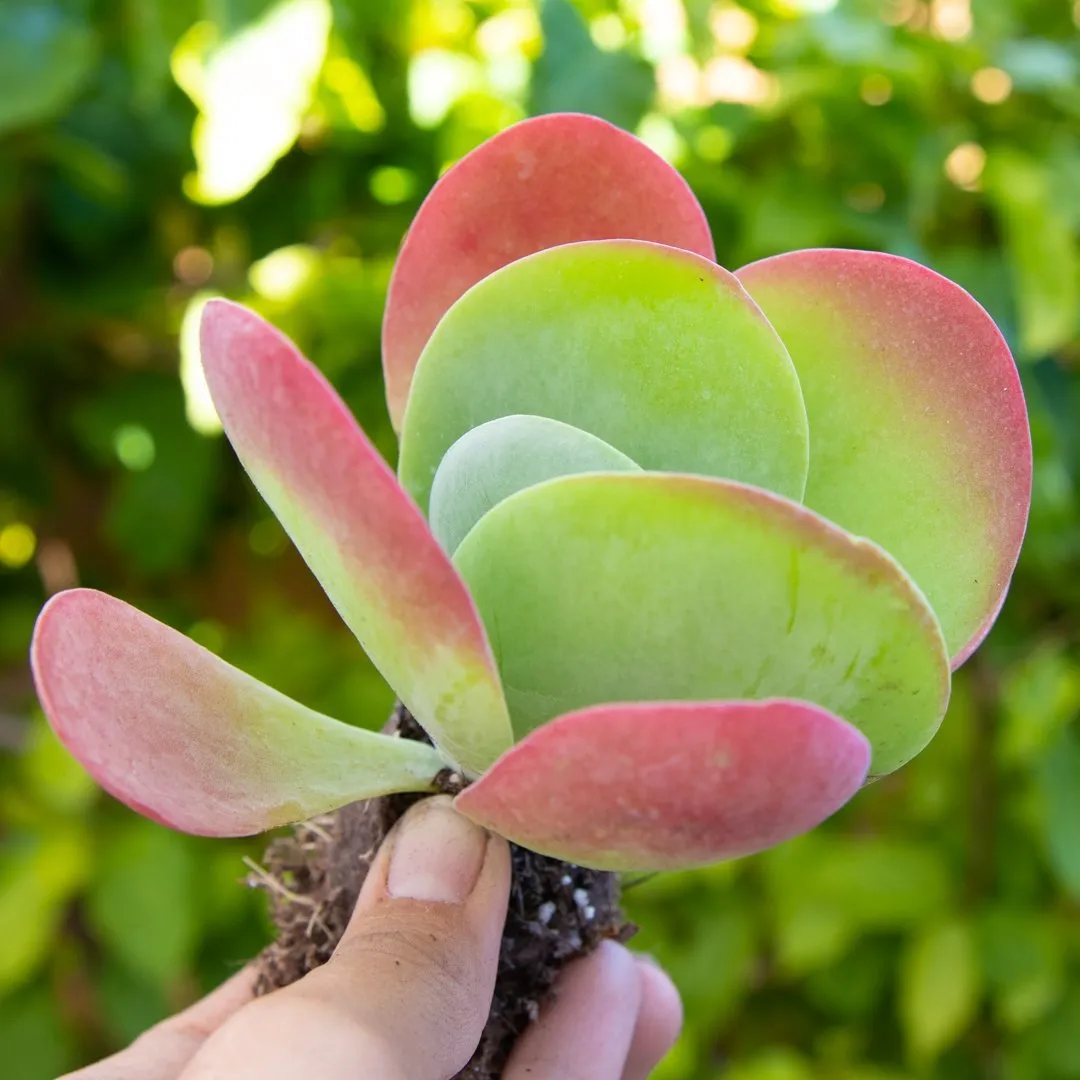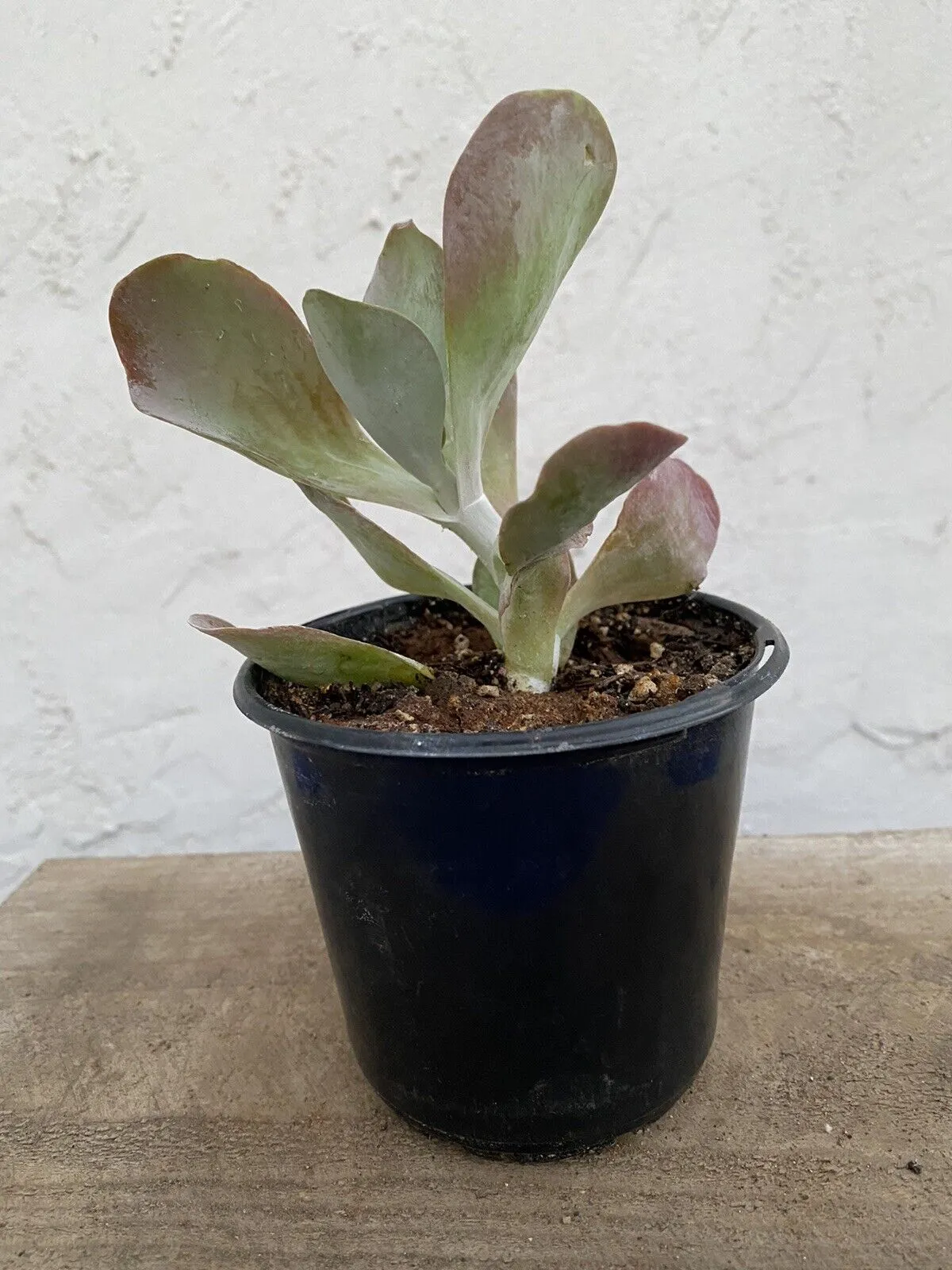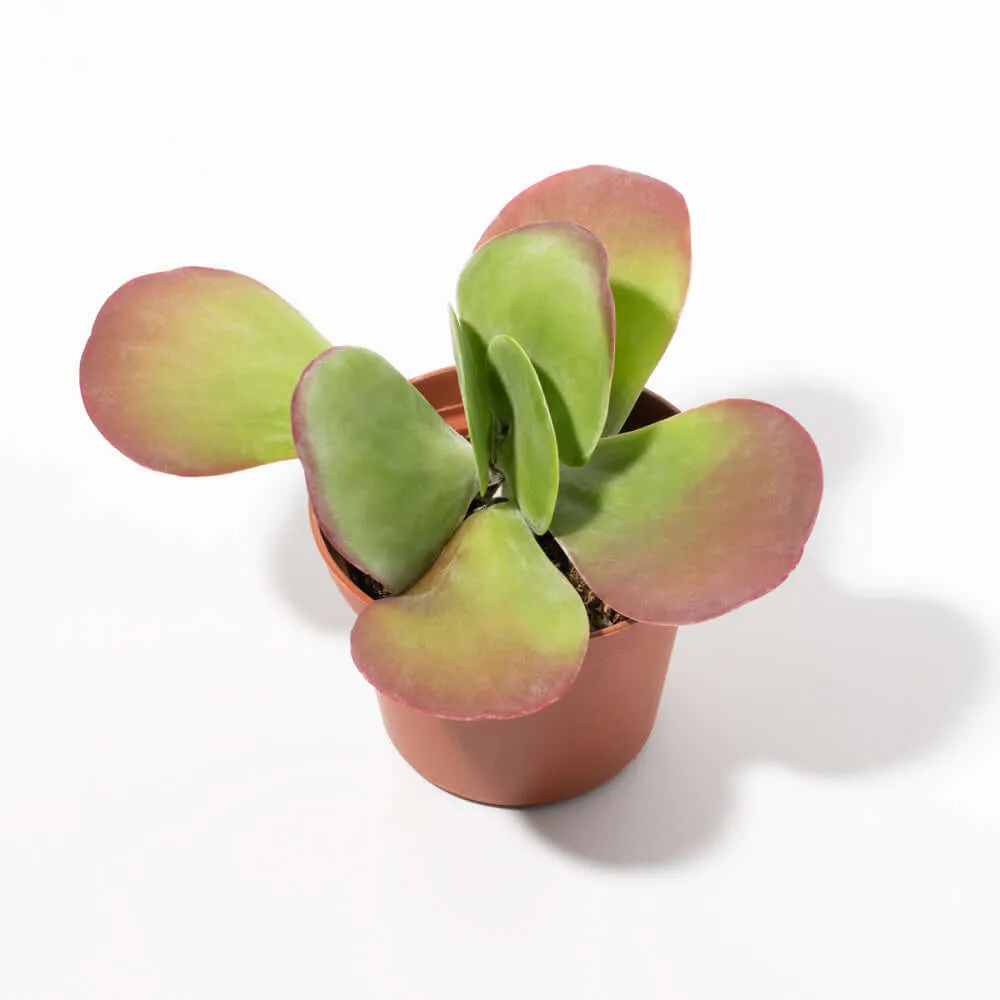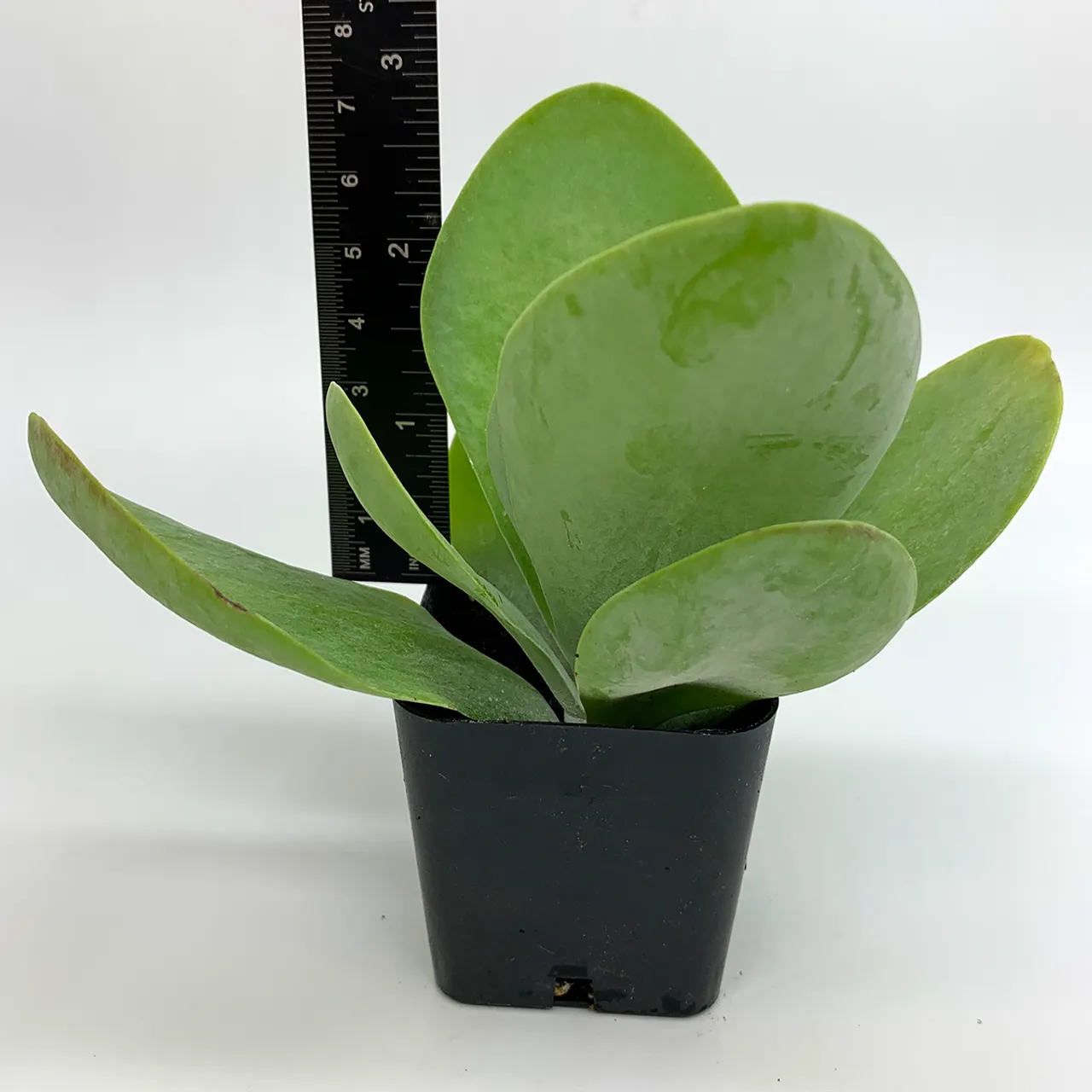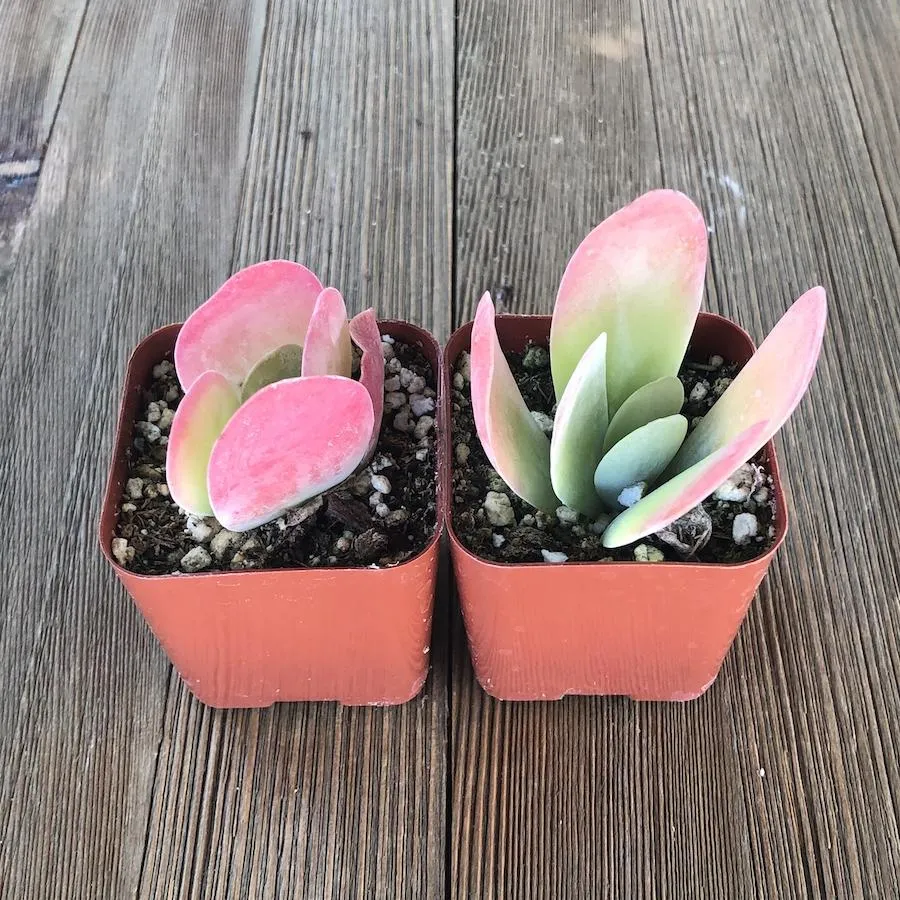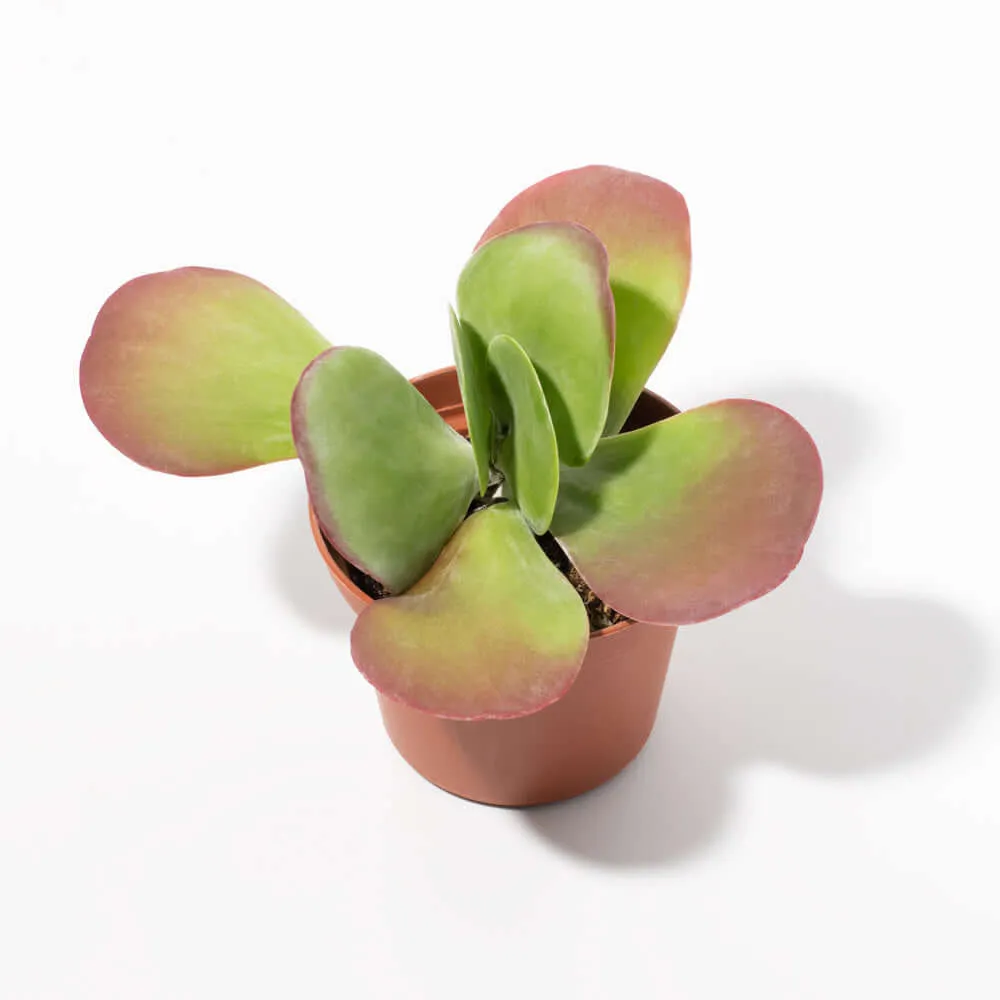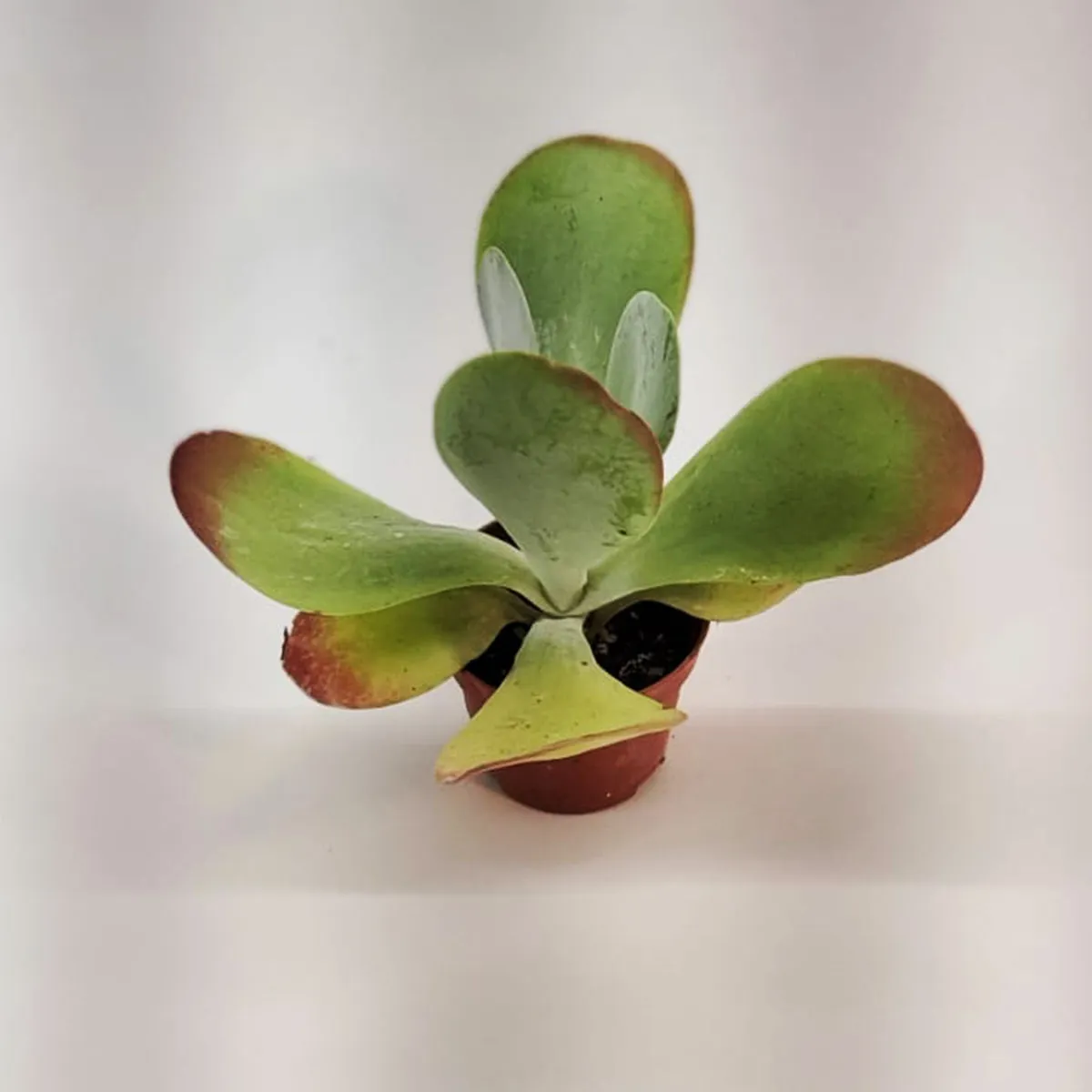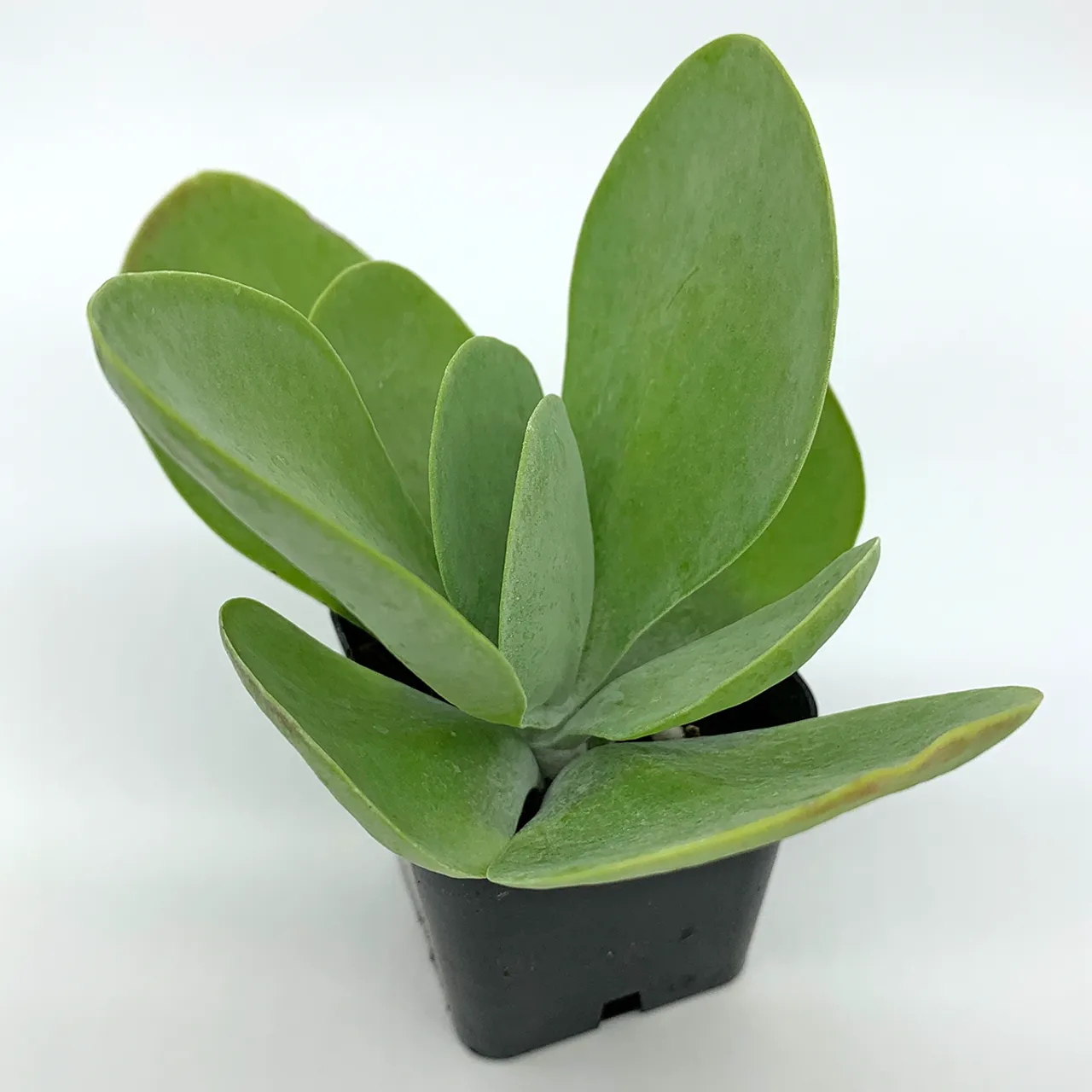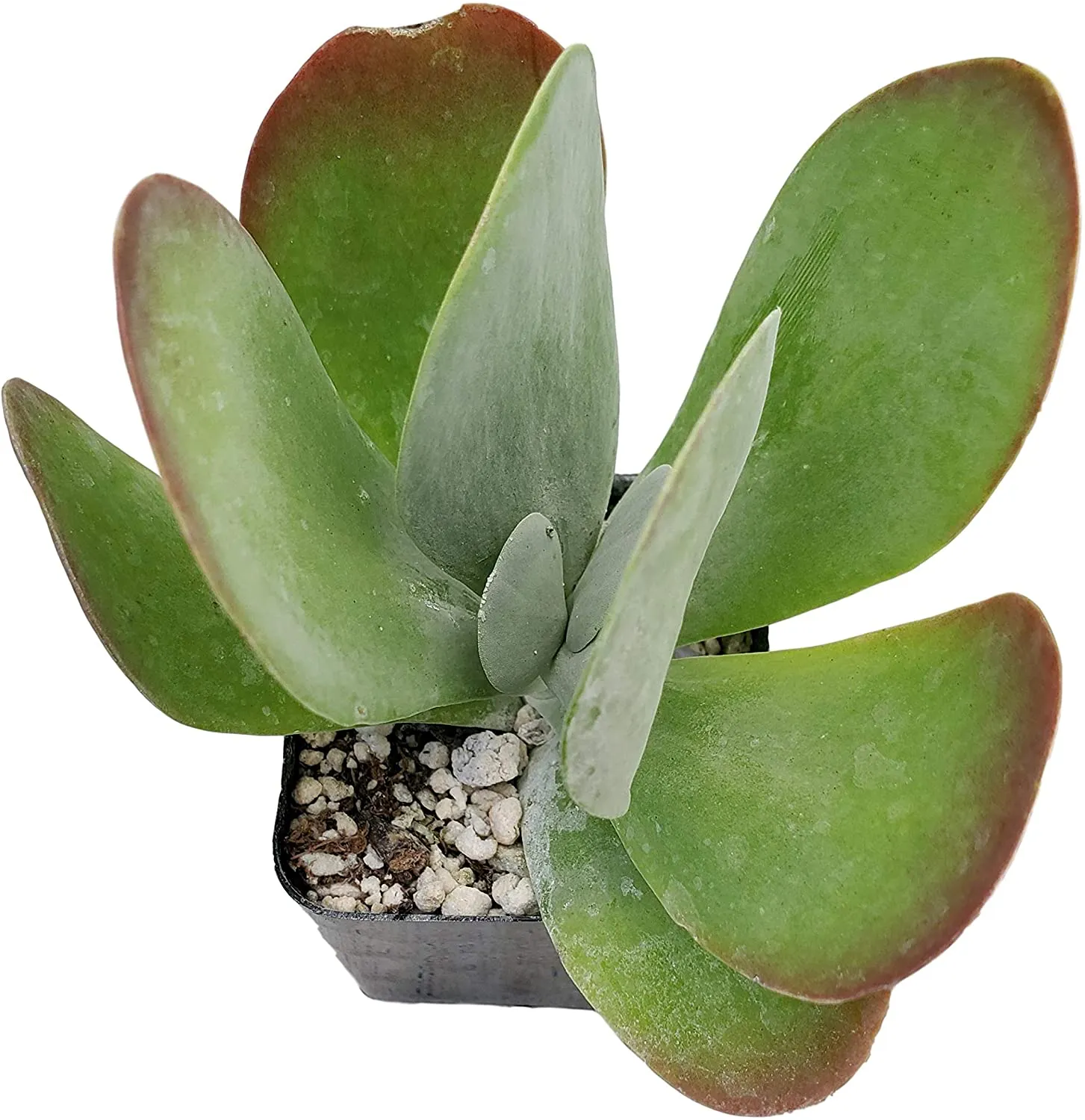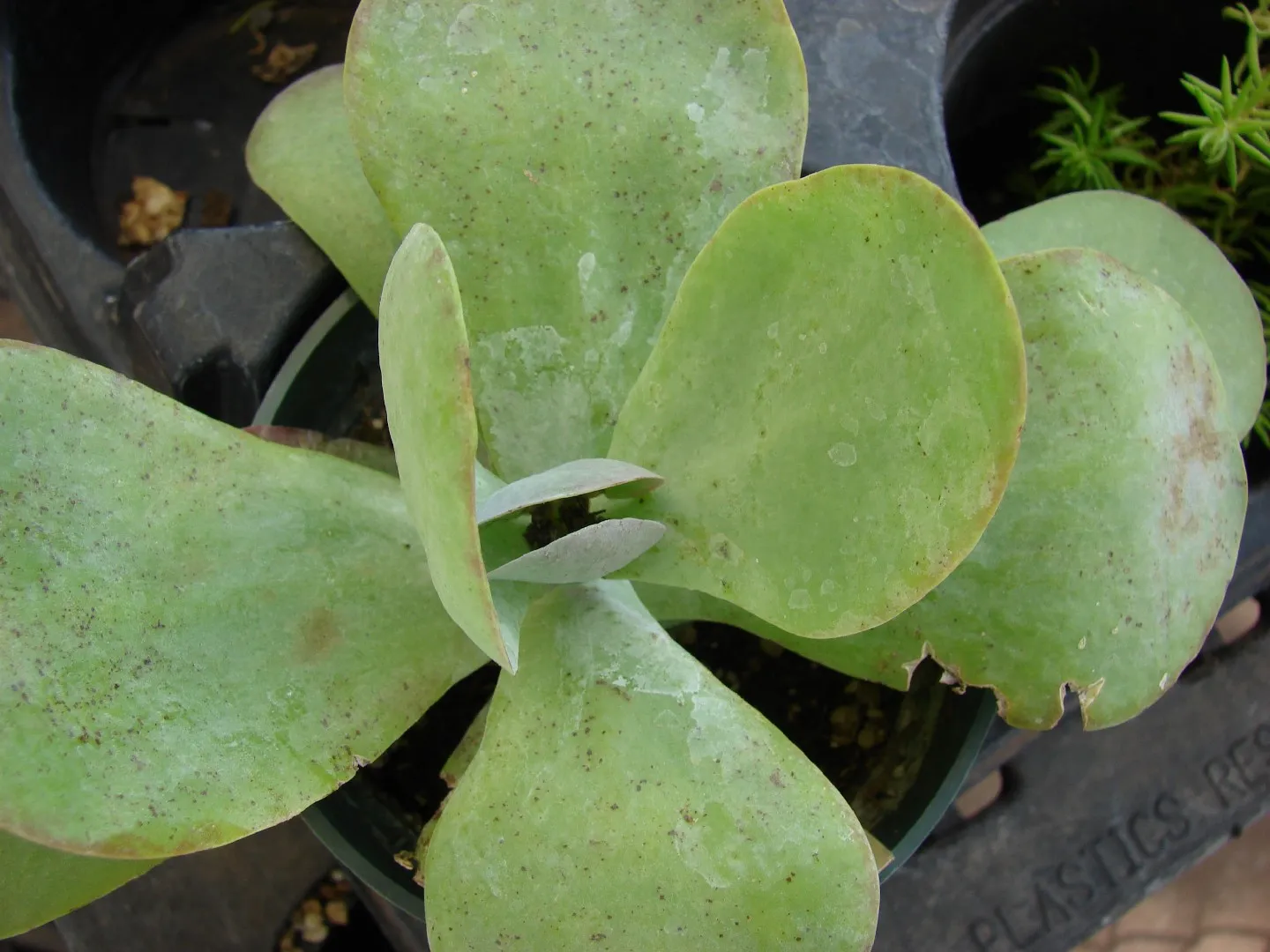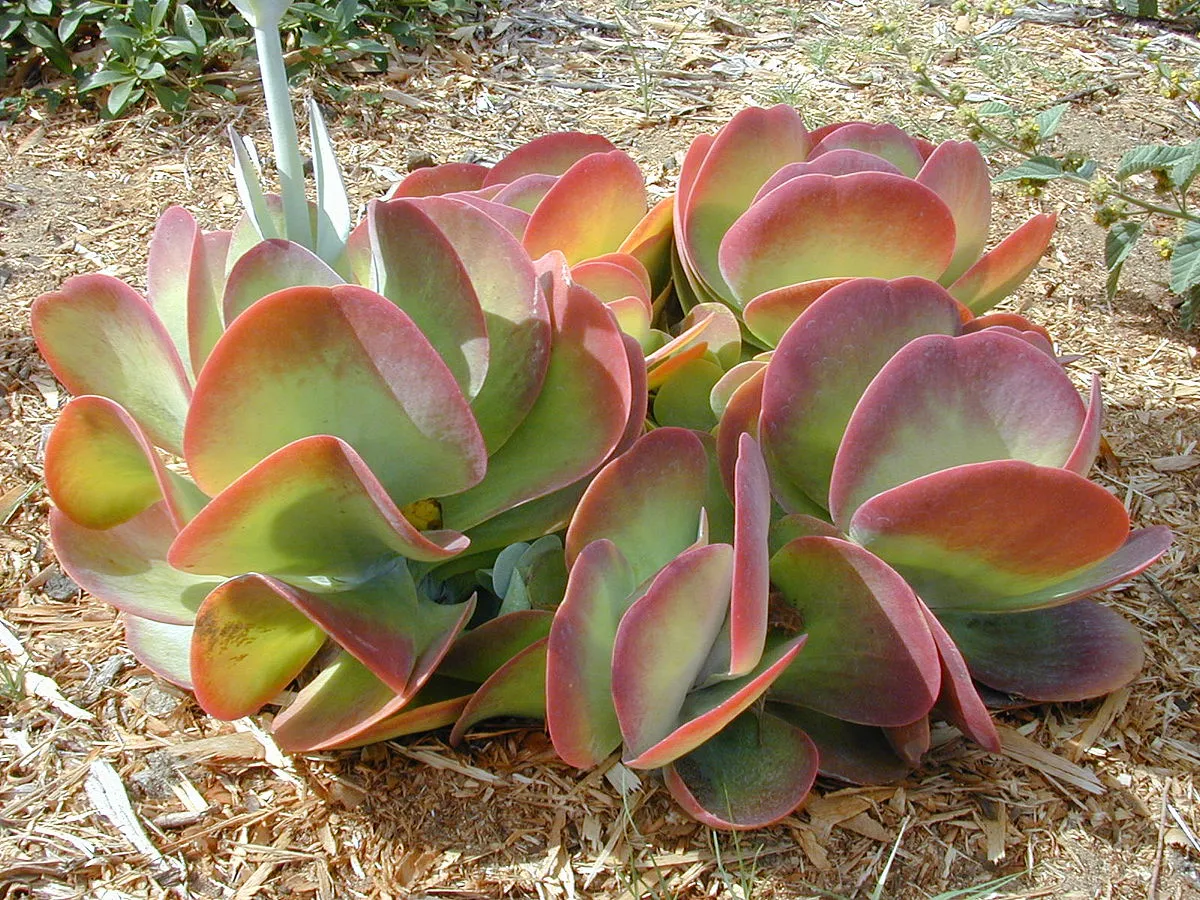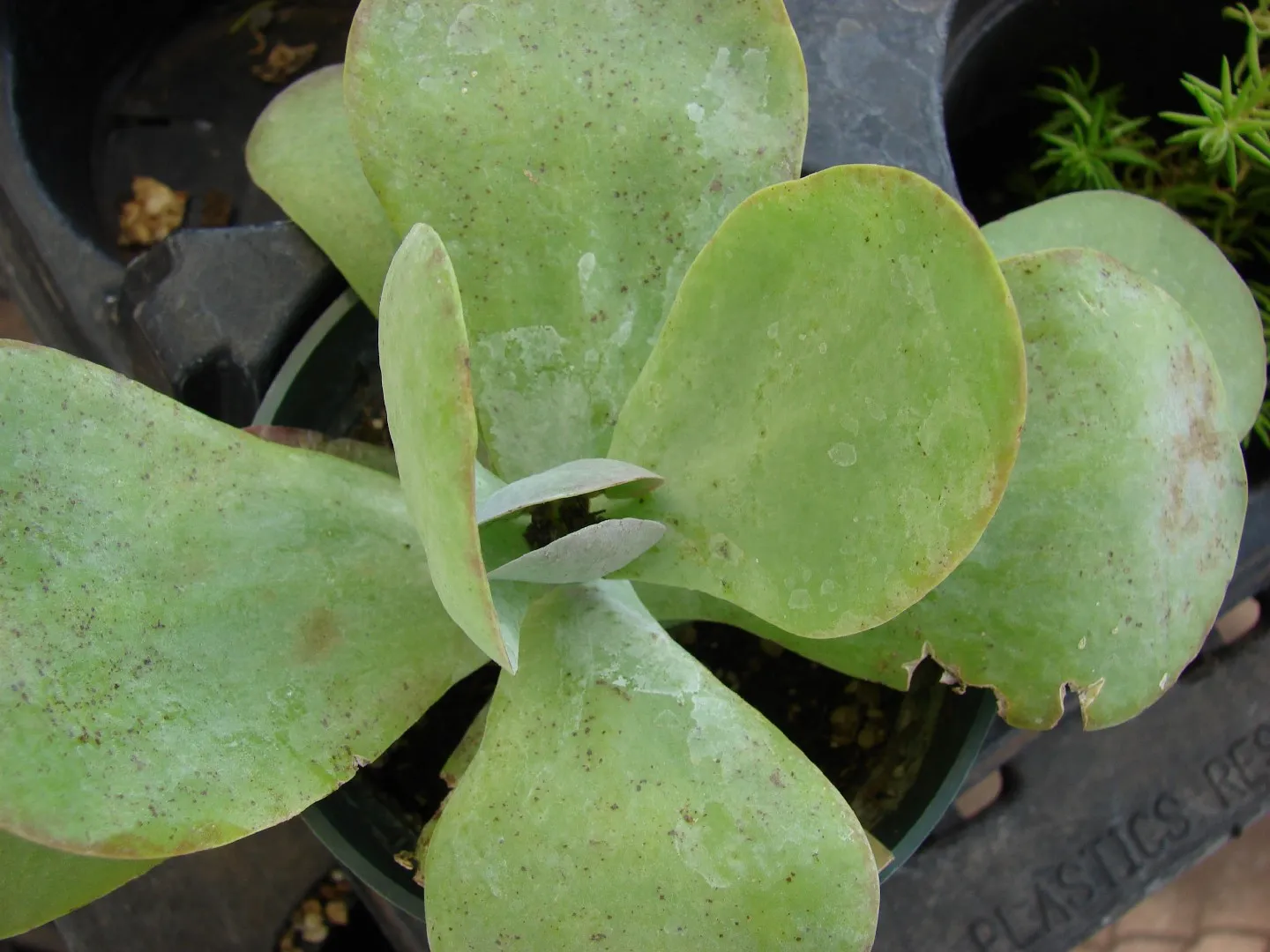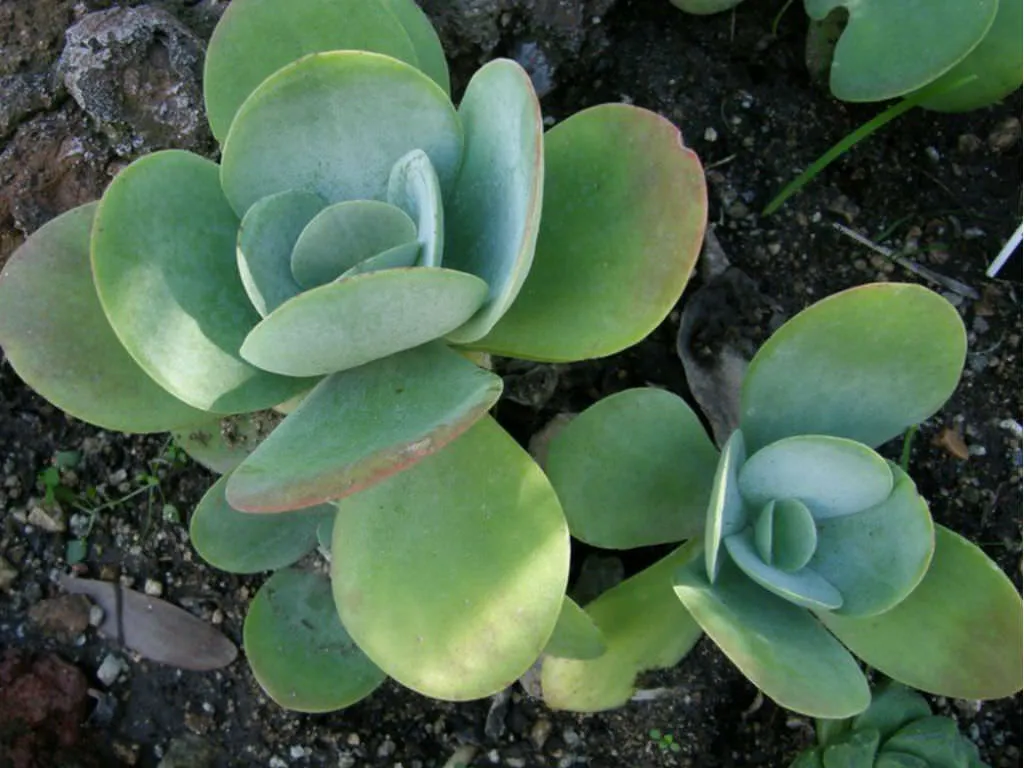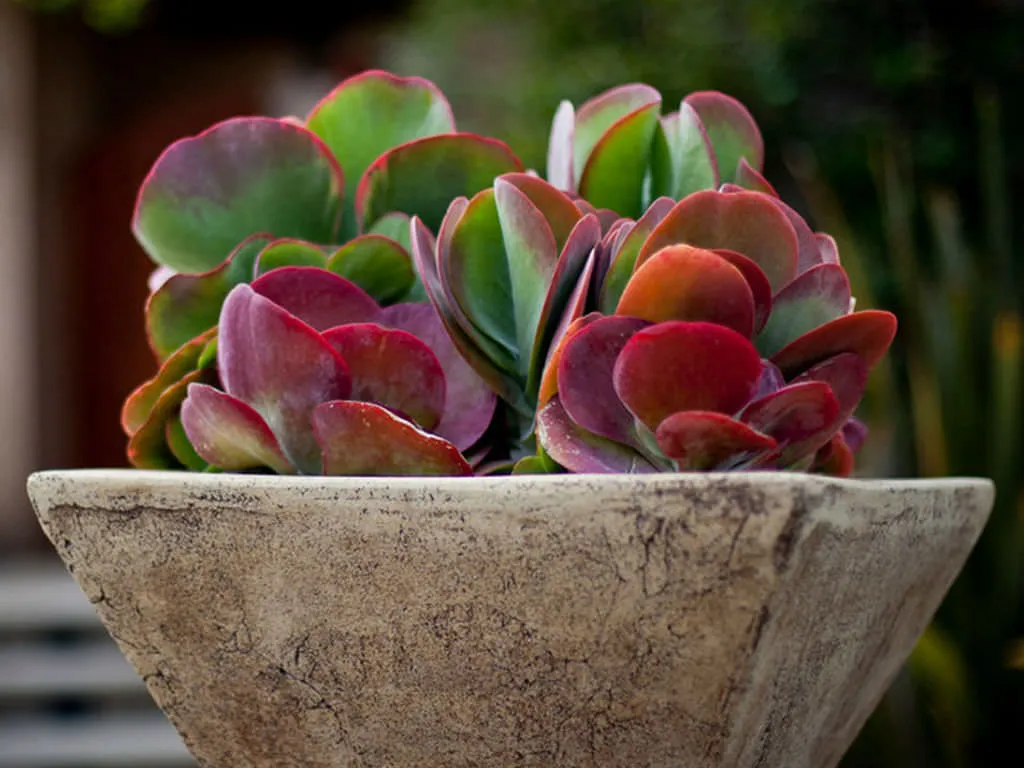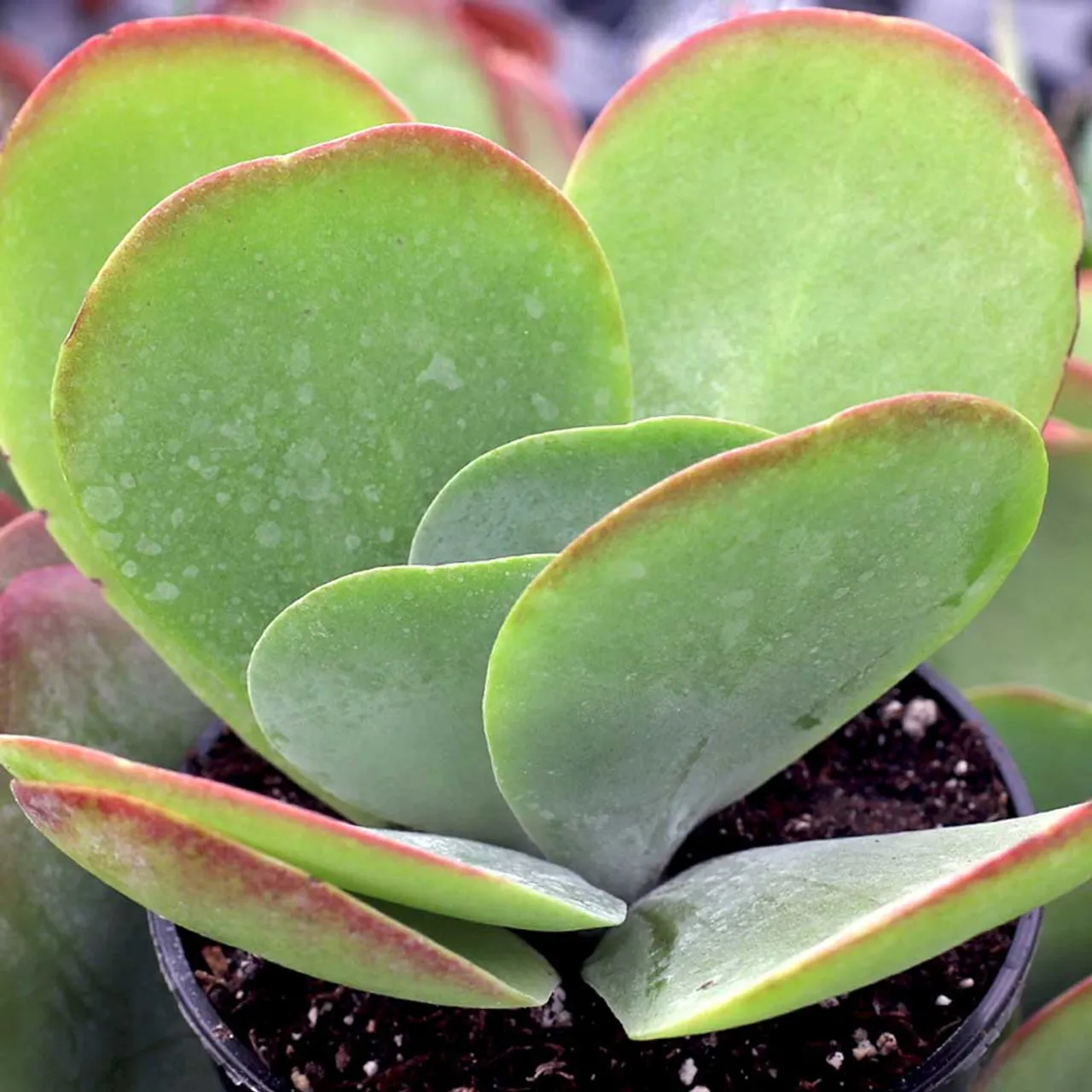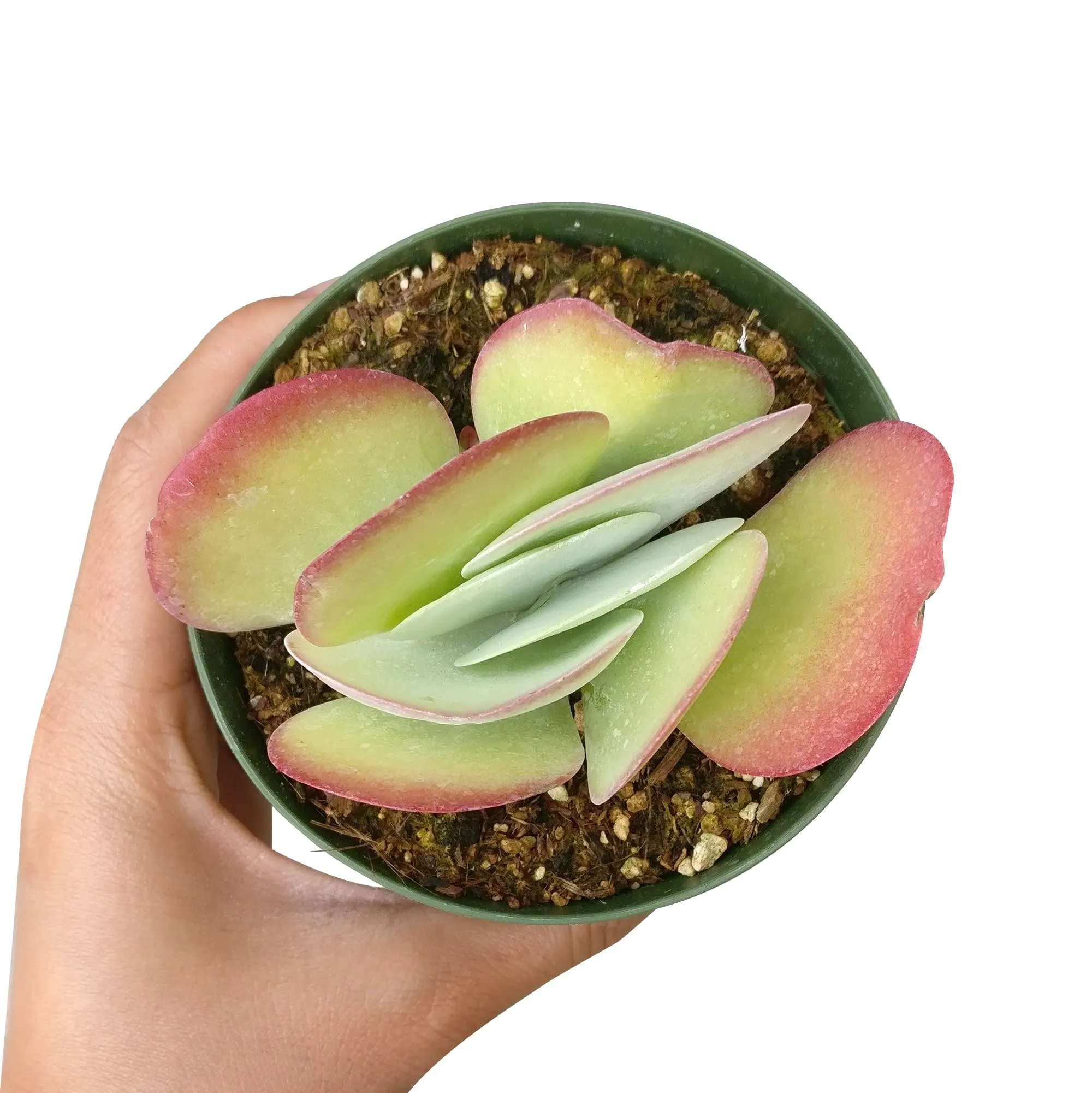Paddle Plant: A Unique and Easy-to-Grow Houseplant
Houseplants are a wonderful addition to any home, bringing a touch of nature indoors and providing a host of benefits. From purifying the air to reducing stress, houseplants are not only aesthetically pleasing but also offer numerous health benefits. If you're looking for a unique and easy-to-grow houseplant, the paddle plant is an excellent choice.
What is a Paddle Plant?
The paddle plant, also known as Kalanchoe thyrsiflora, is a succulent that belongs to the Crassulaceae family. It is native to Madagascar and is commonly grown as a houseplant in many parts of the world. The plant is named for its unique shape, which resembles a paddle or a clamshell. The leaves are thick, flat, and round, with a bluish-green color and red or purple edges. When the plant is mature, it can grow up to 2 feet tall and 2 feet wide.
How to Care for a Paddle Plant
The paddle plant is a low-maintenance houseplant that is easy to care for. Here are some tips to help you grow a healthy and happy paddle plant:
Light
The paddle plant thrives in bright, indirect sunlight. It can also tolerate some direct sunlight, but too much can cause the leaves to burn. If you're growing your paddle plant indoors, place it near a window that receives plenty of light, but make sure to protect it from direct sunlight during the hottest part of the day.
Water
Like all succulents, the paddle plant is drought-tolerant and prefers to be on the dry side. Overwatering can cause the roots to rot, so it's important to let the soil dry out completely between waterings. When you do water your paddle plant, make sure to give it a thorough soak and let the excess water drain away.
Soil
The paddle plant prefers well-draining soil that is sandy or gritty. You can use a cactus or succulent soil mix, or you can make your own by combining equal parts sand, perlite, and peat moss. Avoid using heavy, clay-based soil, as it can retain too much moisture and cause root rot.
Temperature and Humidity
The paddle plant prefers warm temperatures and can tolerate temperatures as low as 50°F. It is not a fan of humidity, so make sure to keep it in a well-ventilated area to prevent fungal growth.
Fertilizer
The paddle plant doesn't need a lot of fertilizer, but you can give it a boost during the growing season (spring and summer) by feeding it with a succulent fertilizer once a month. Be careful not to over-fertilize, as this can damage the plant.
Propagating a Paddle Plant
The paddle plant is easy to propagate from stem or leaf cuttings. Here's how to do it:
Stem Cuttings
- Use a sharp, clean pair of scissors or shears to cut a stem from the parent plant.
- Allow the cutting to dry out for a few days until a callus forms over the cut end.
- Plant the cutting in well-draining soil, burying the cut end about an inch deep.
- Water the cutting sparingly, making sure to keep the soil moist but not wet.
- After a few weeks, the cutting should start to produce new growth.
Leaf Cuttings
- Use a sharp, clean pair of scissors or shears to cut a healthy leaf from the parent plant.
- Allow the leaf to dry out for a few days until a callus forms over the cut end.
- Plant the leaf in well-draining soil, burying the cut end about an inch deep.
- Water the leaf sparingly, making sure to keep the soil moist but not wet.
- After a few weeks, new plantlets should start to grow from the base of the leaf.
Common Problems with Paddle Plants
Like all houseplants, paddle plants can be susceptible to a few common problems. Here are some issues to watch out for:
Root Rot
Overwatering can cause the roots to rot, leading to yellowing leaves and a mushy stem. If you suspect root rot, stop watering the plant immediately and allow the soil to dry out completely. You may need to repot the plant in fresh soil if the rot is severe.
Pest Infestations
Paddle plants can attract mealybugs, scale insects, and spider mites. If you notice any signs of infestation, such as white cottony spots or small webs, treat the plant with an insecticidal soap or neem oil spray.
Leaf Drop
If your paddle plant is dropping leaves, it may be a sign of stress. Check to make sure the plant is getting enough light and water, and make sure it's not too cold or too hot. If the plant is healthy, it may be going through a natural shedding process as it grows.
Conclusion
The paddle plant is a unique and easy-to-grow houseplant that is perfect for beginners and experienced plant enthusiasts alike. With its striking shape and beautiful colors, it's sure to be a conversation starter in any home. Whether you're propagating a new plant or caring for an established one, following these tips will help ensure your paddle plant thrives for years to come.
Frequently asked questions about Paddle plant wallpapers
Q: What is a Paddle plant?
A: Paddle plant, also known as Kalanchoe thyrsiflora, is a succulent plant that is native to Madagascar. It is characterized by its paddle-shaped leaves that are arranged in a rosette pattern.
Q: How many Paddle plant pictures are available for download on your website?
A: We currently have 52 Paddle plant pictures available for download on our website.
Q: Can I download Paddle plant pictures for free?
A: Yes, all of the Paddle plant pictures on our website are available for free download.
Q: In what file types can I download the Paddle plant pictures?
A: You can download the Paddle plant pictures in .jpg, .png, and .webp file types.
Q: Can I choose the size of the Paddle plant pictures that I download?
A: Yes, you can choose the width and height of the Paddle plant pictures that you download.
Q: How do I choose the size of the Paddle plant pictures that I want to download?
A: When you click on the download button for a Paddle plant picture, you will be prompted to select the size that you want to download.
Q: Do I need to create an account to download Paddle plant pictures?
A: No, you do not need to create an account to download Paddle plant pictures from our website.
Q: Are the Paddle plant pictures optimized for mobile devices?
A: Yes, our website automatically detects the visitor's mobile screen size and chooses the appropriate size for the Paddle plant pictures.
Q: Can I use the Paddle plant pictures for commercial purposes?
A: The Paddle plant pictures on our website are licensed under Creative Commons Zero (CC0), which means that you can use them for commercial purposes without attribution.
Q: Can I modify the Paddle plant pictures that I download from your website?
A: Yes, you can modify the Paddle plant pictures that you download from our website. However, please note that you may not claim ownership of the modified pictures.


